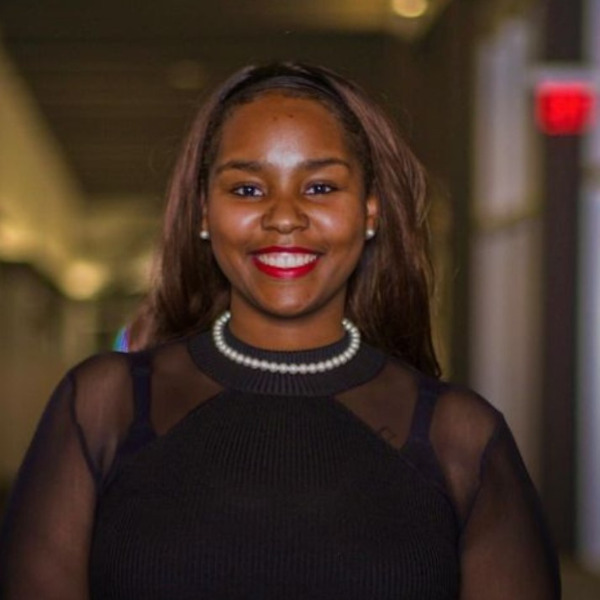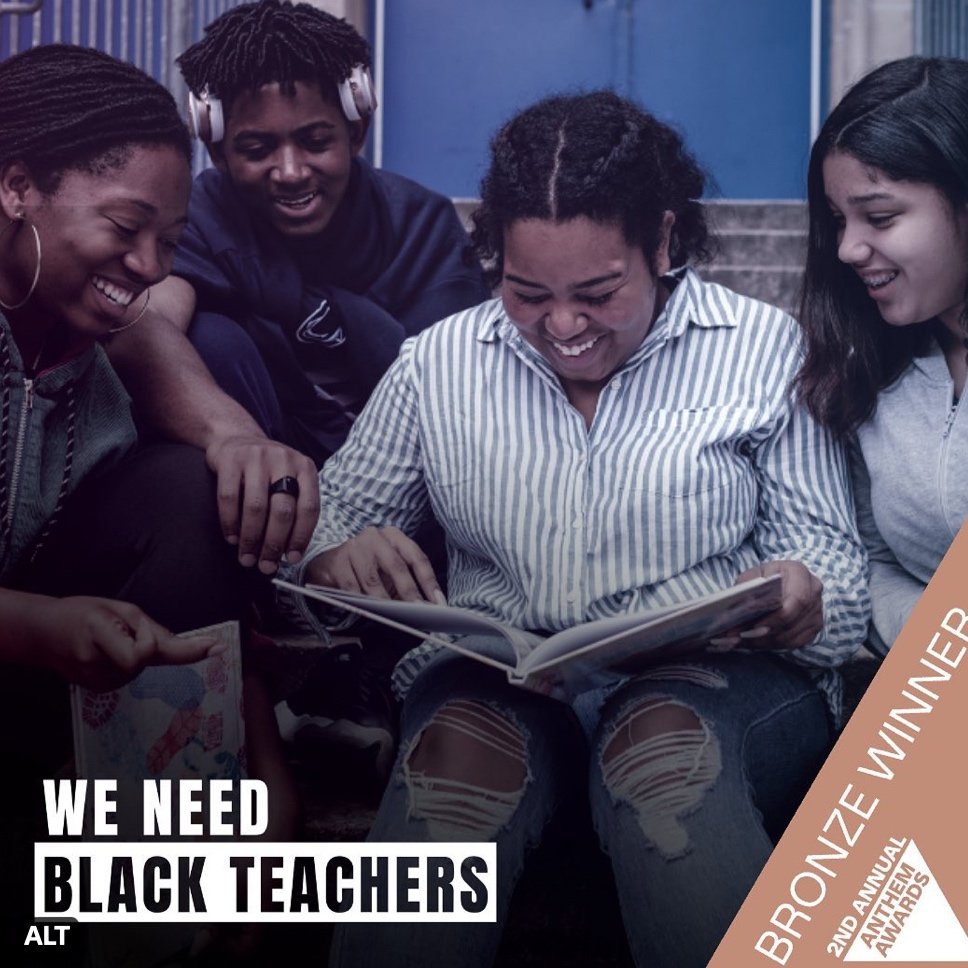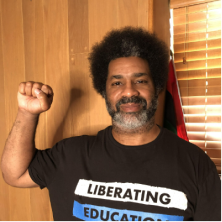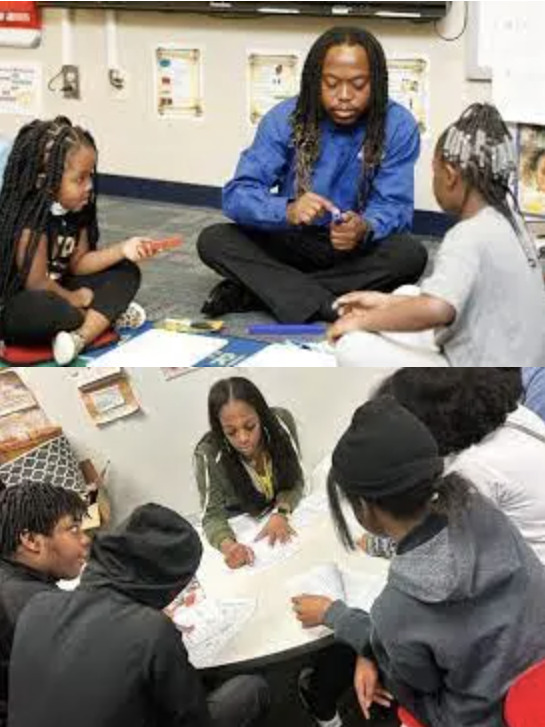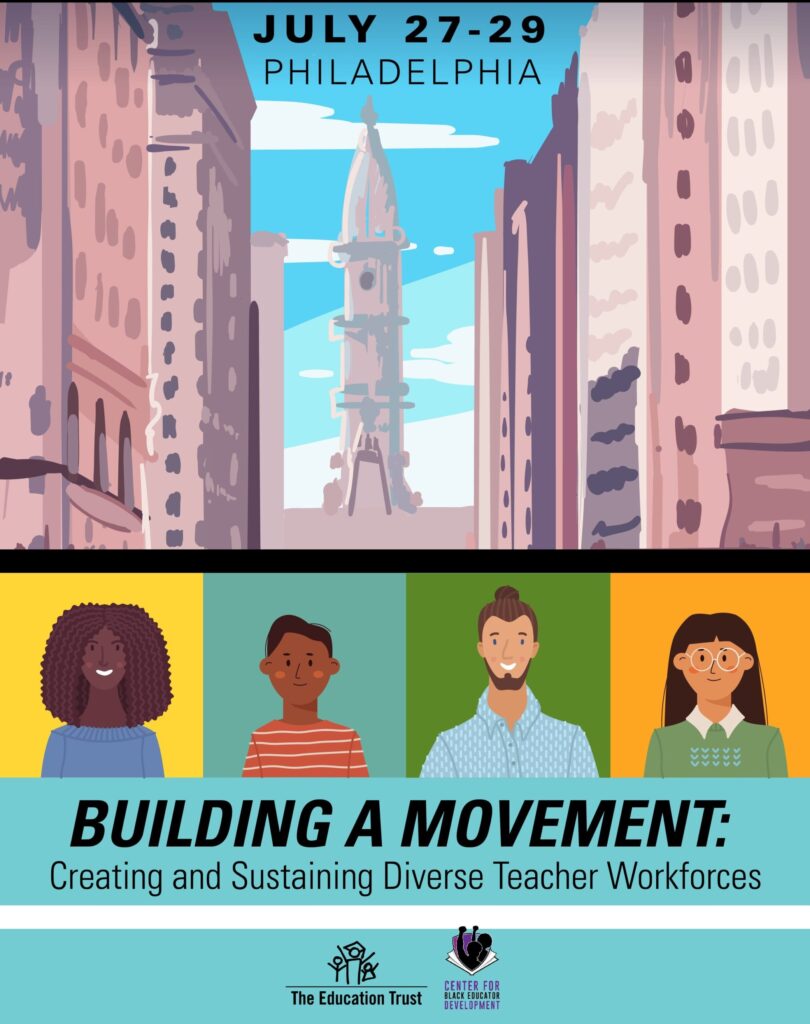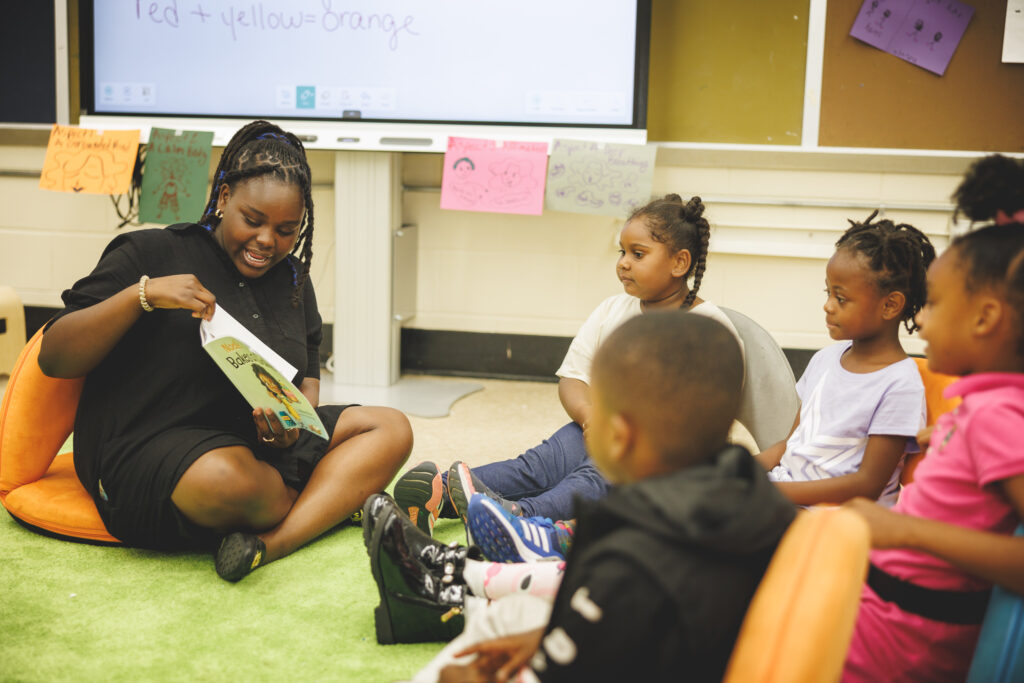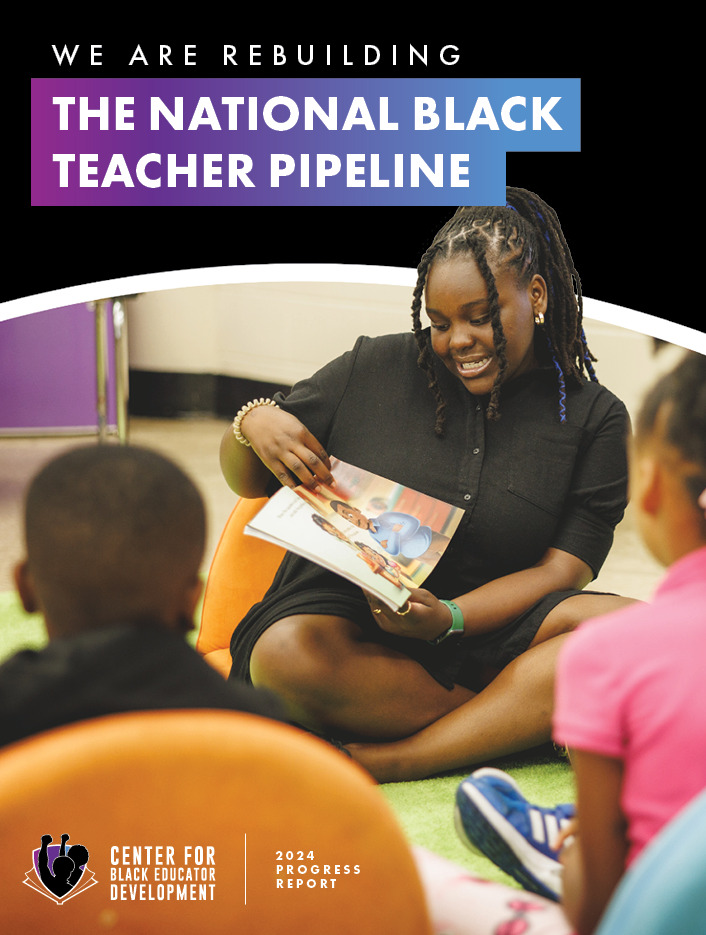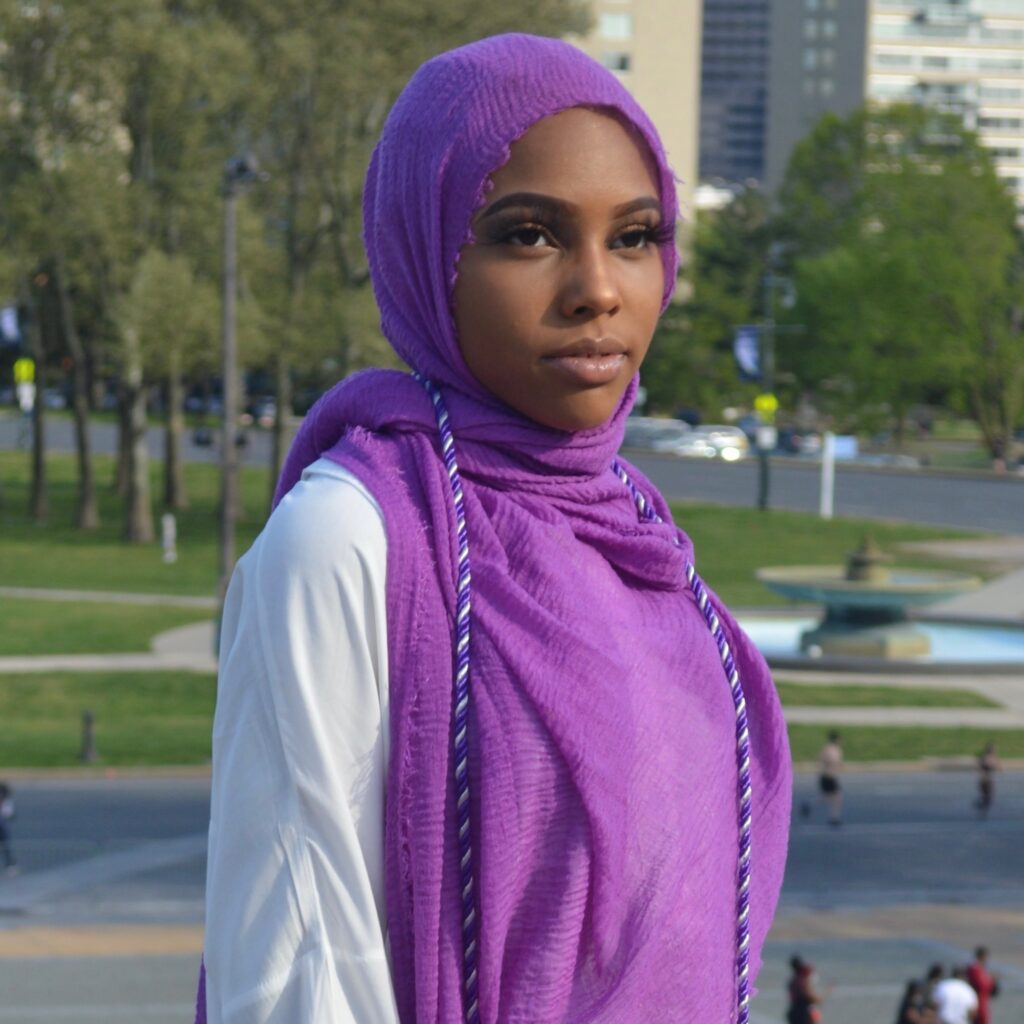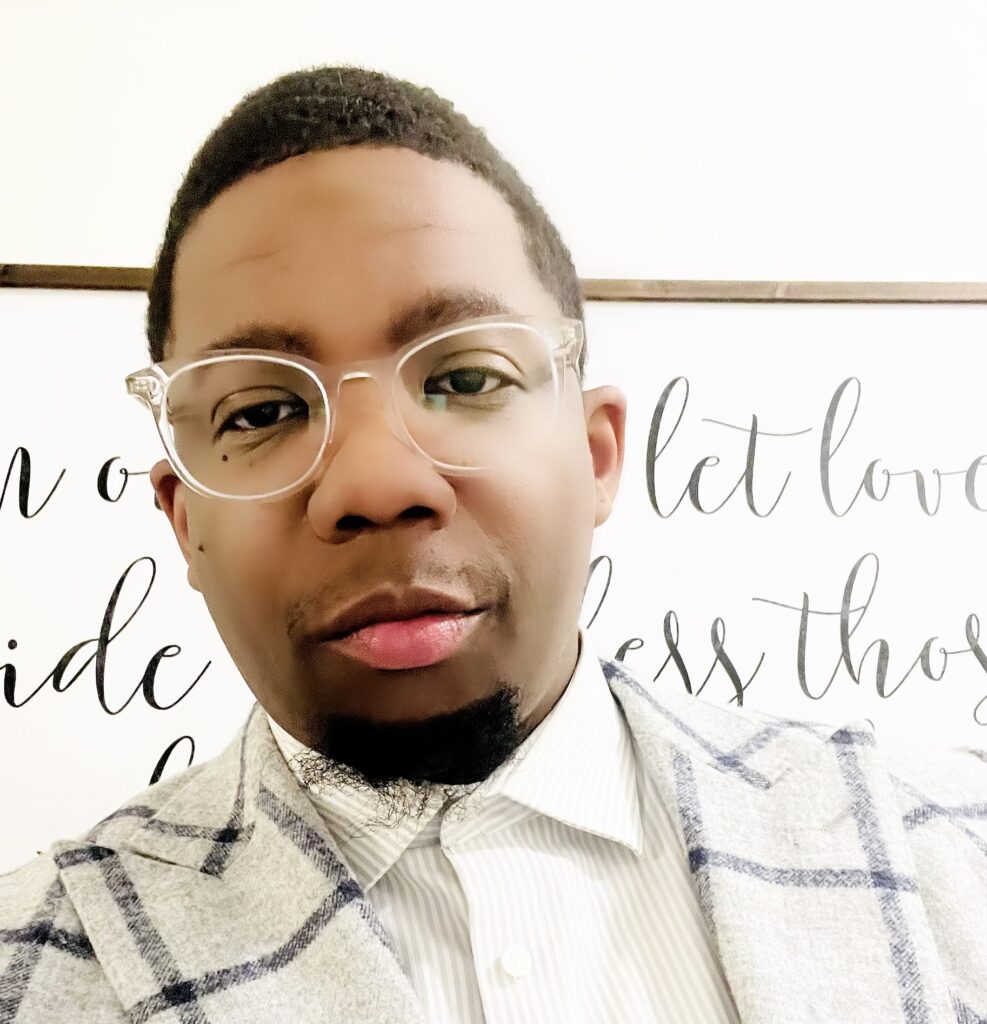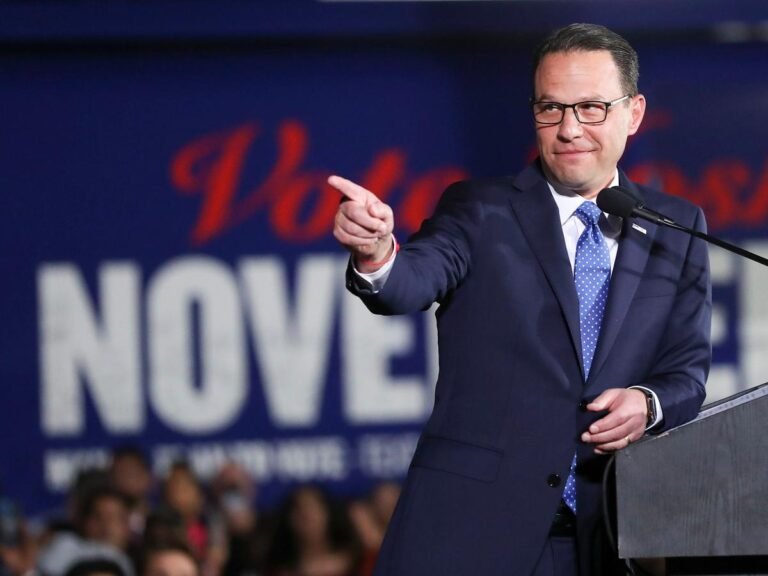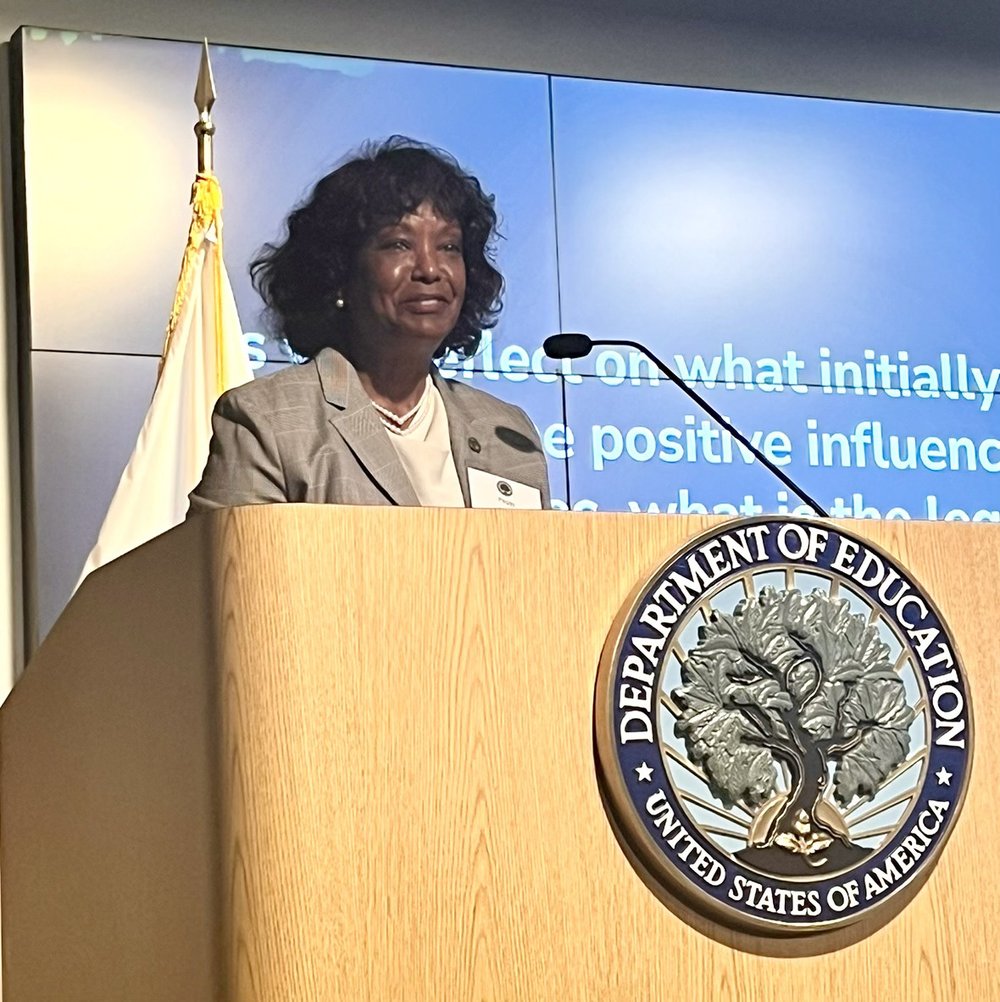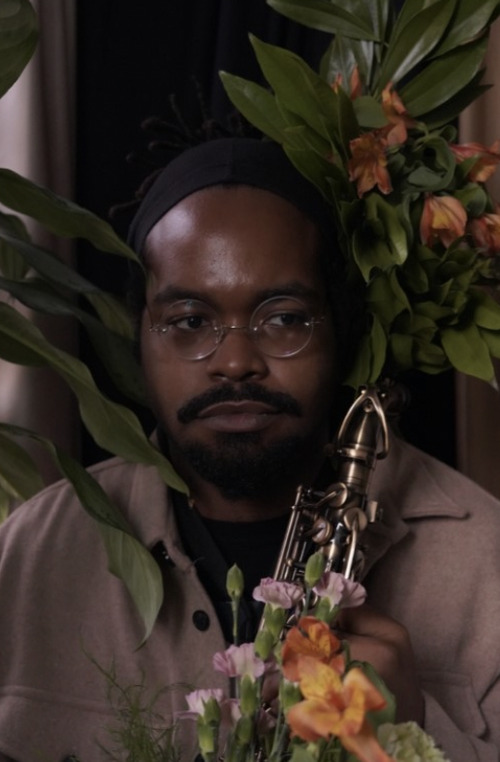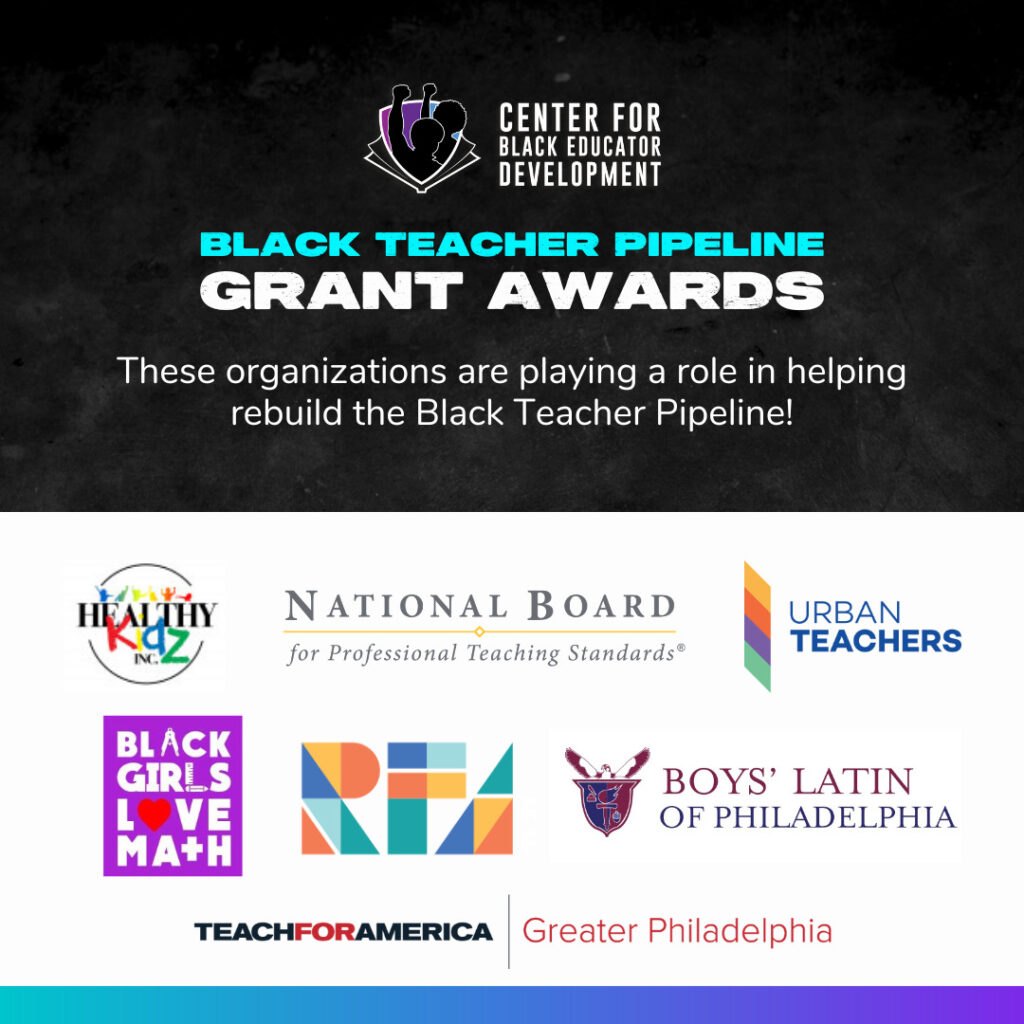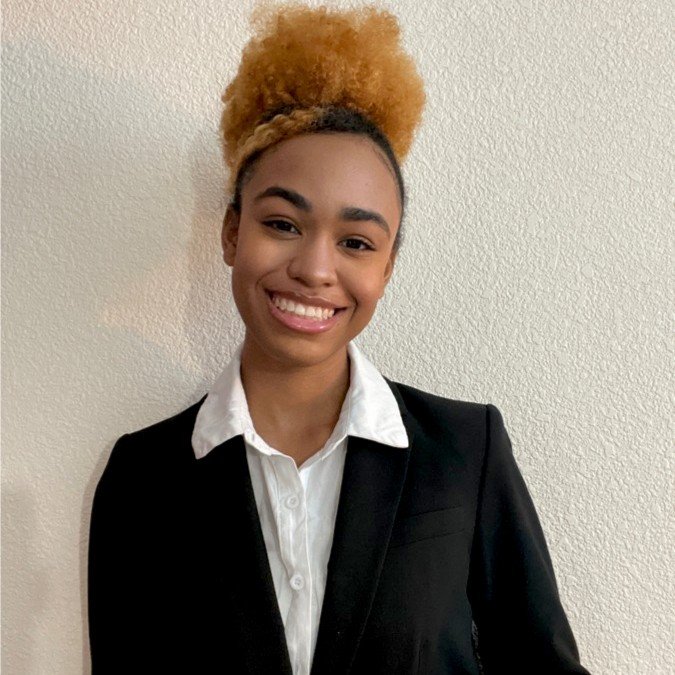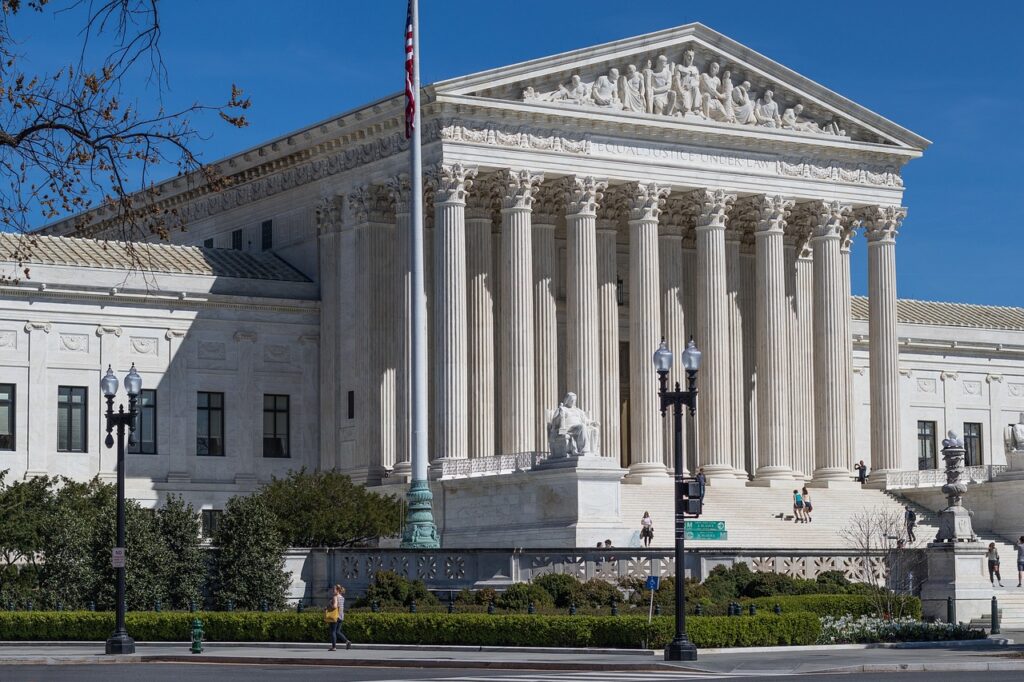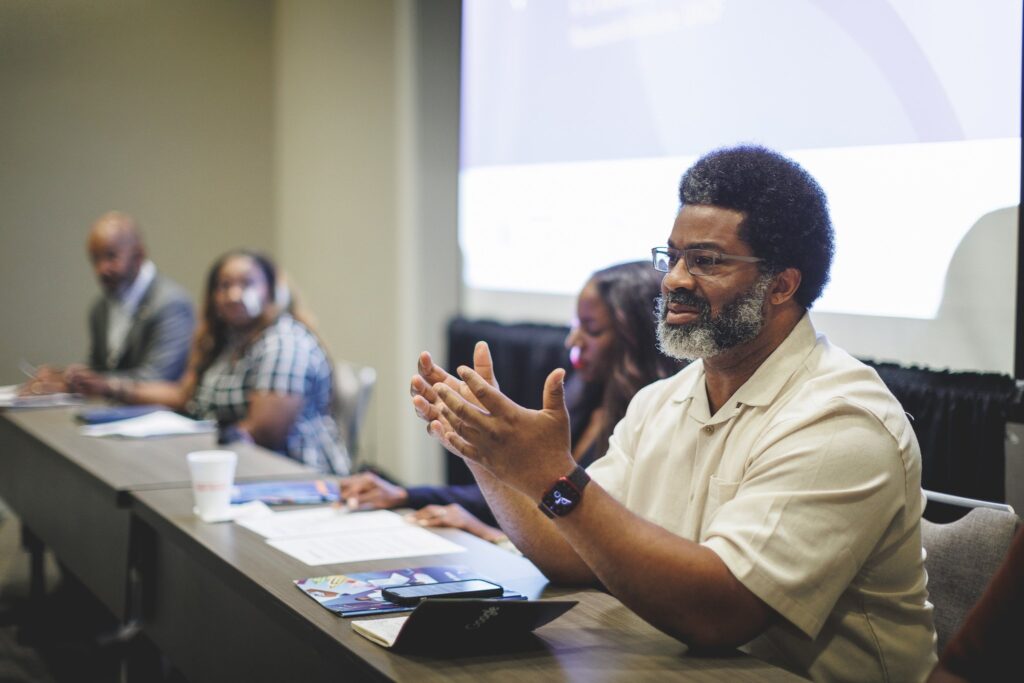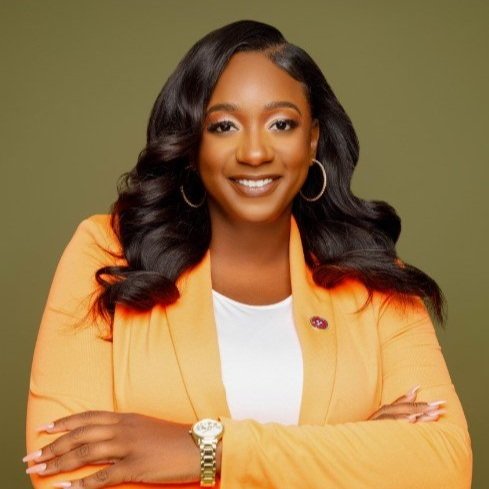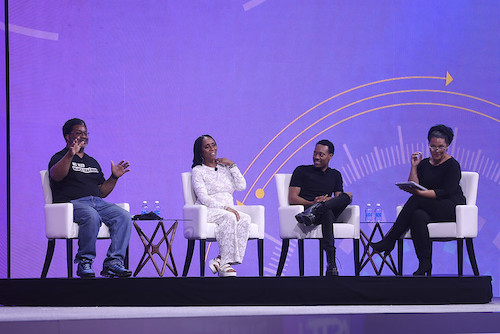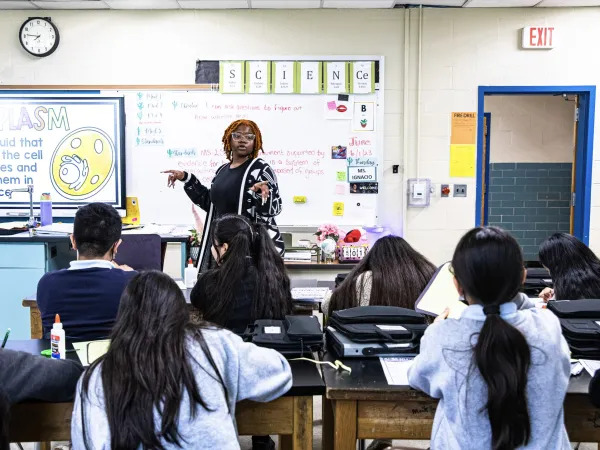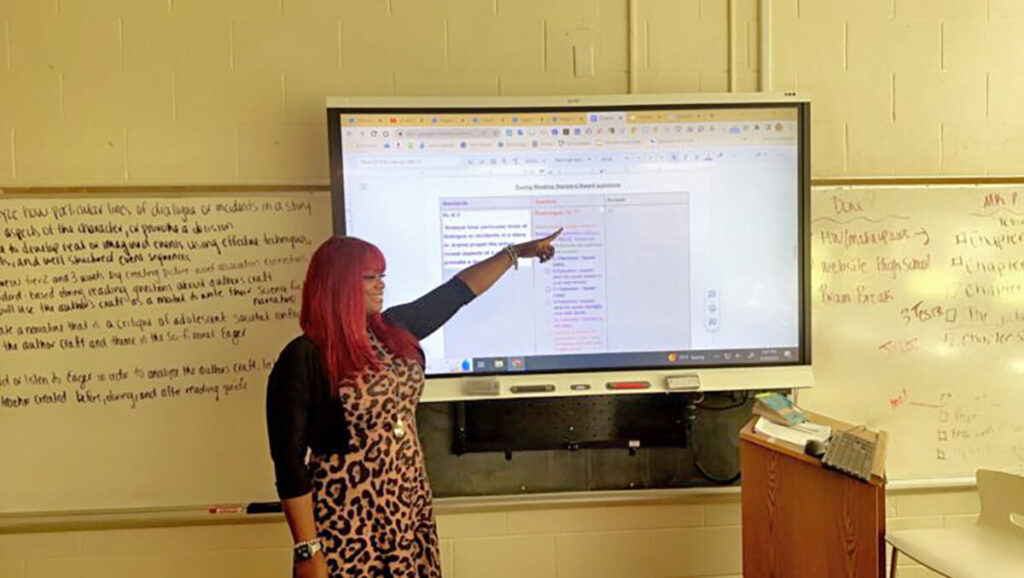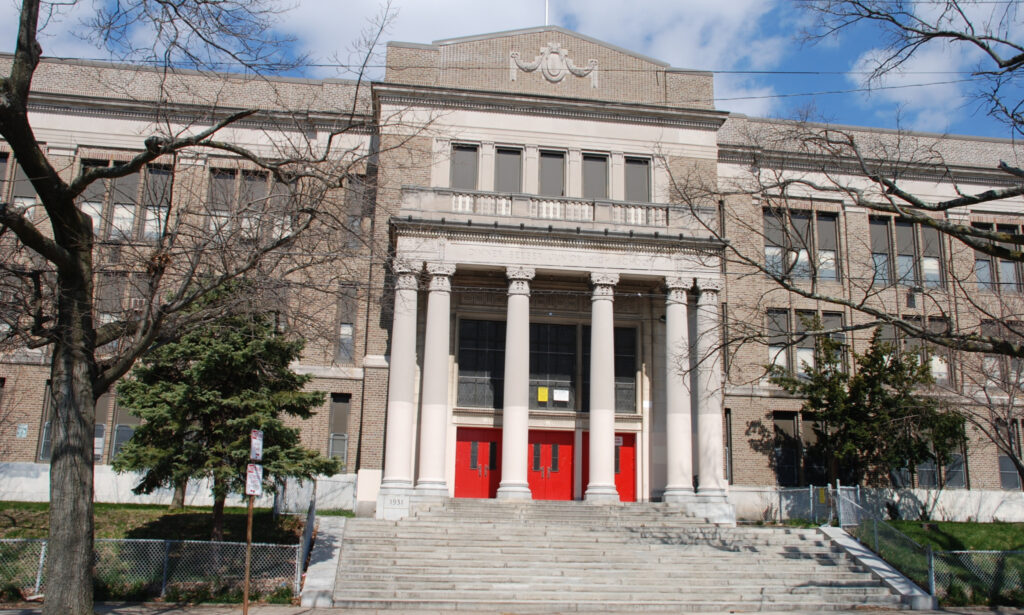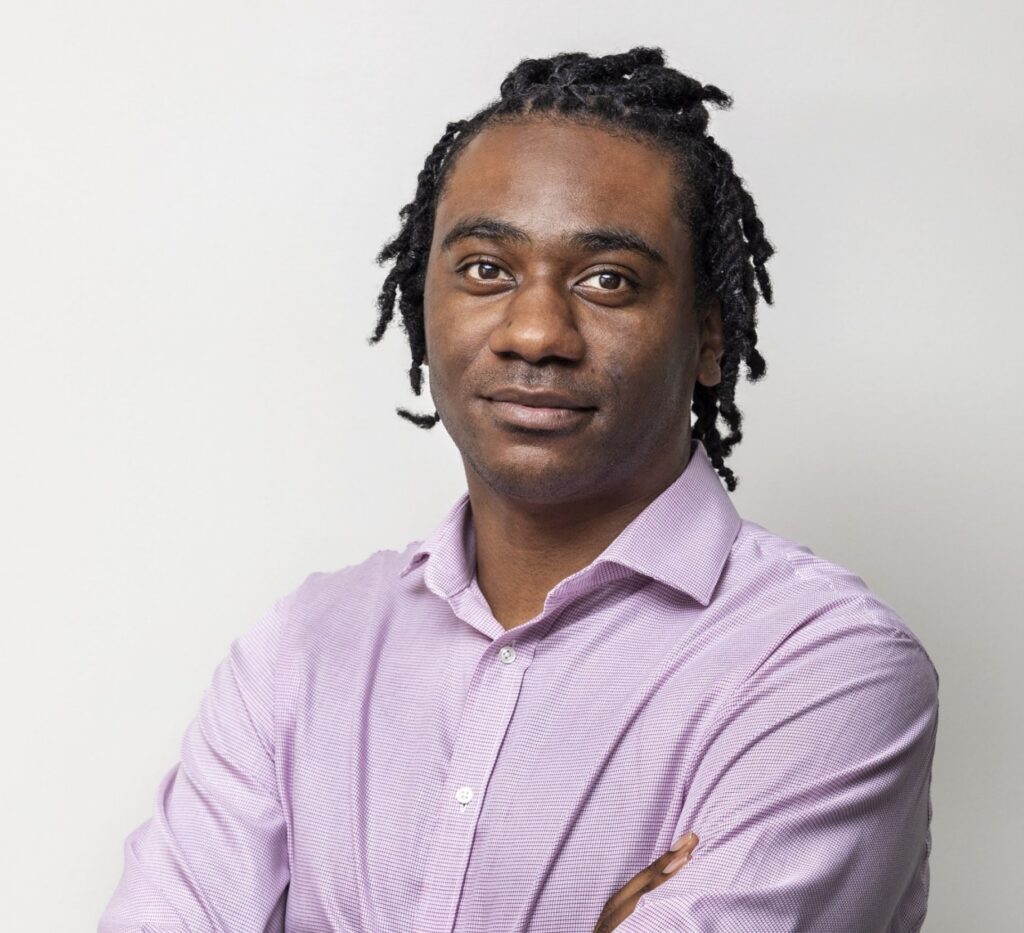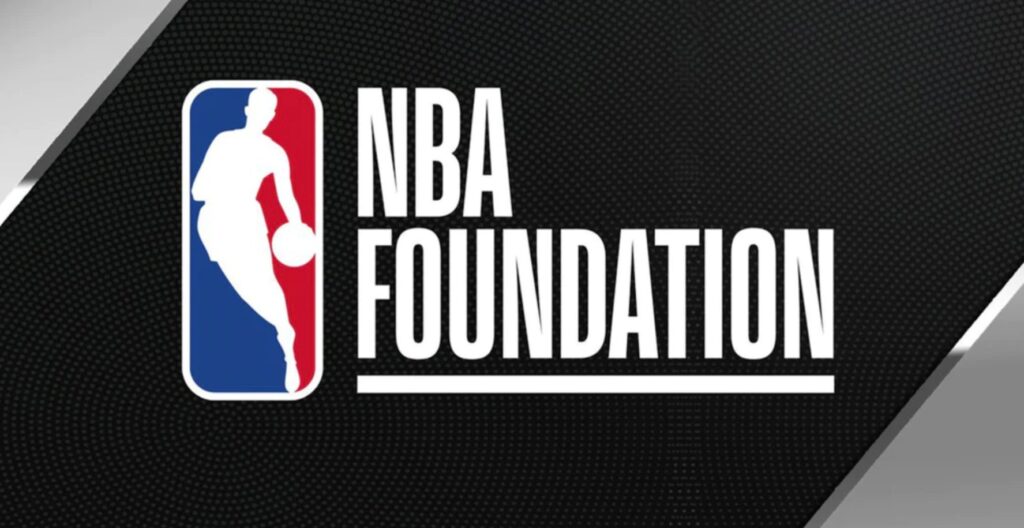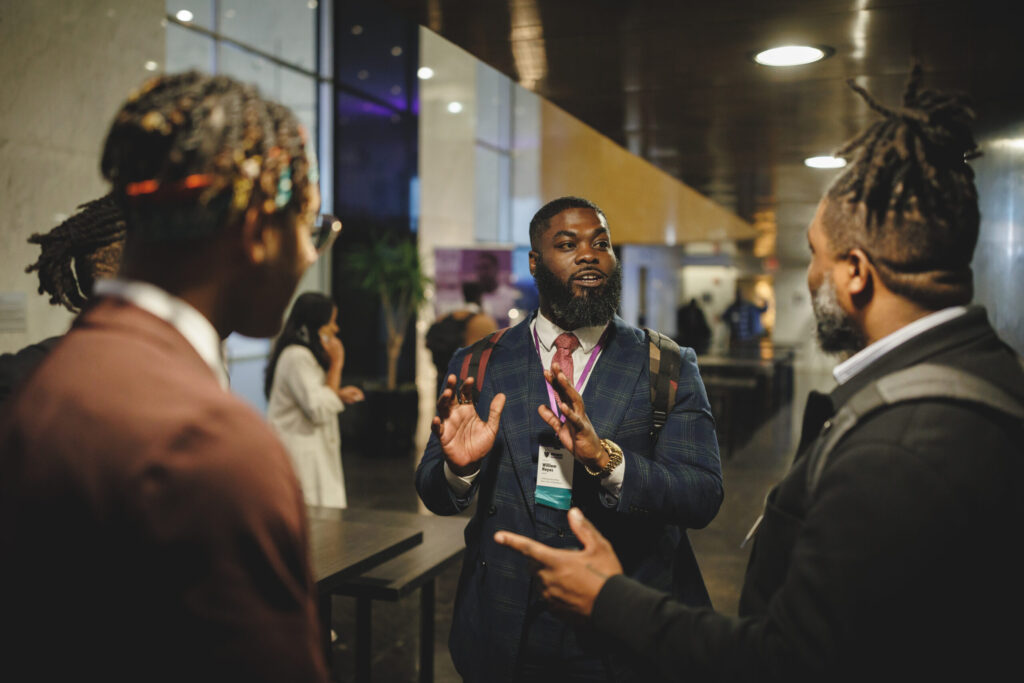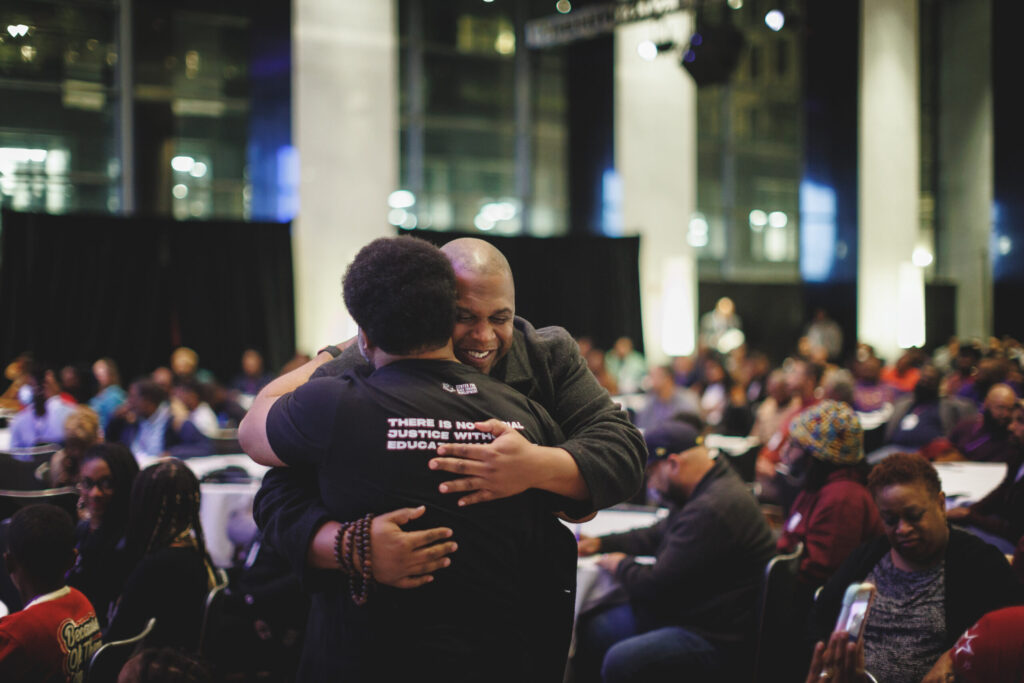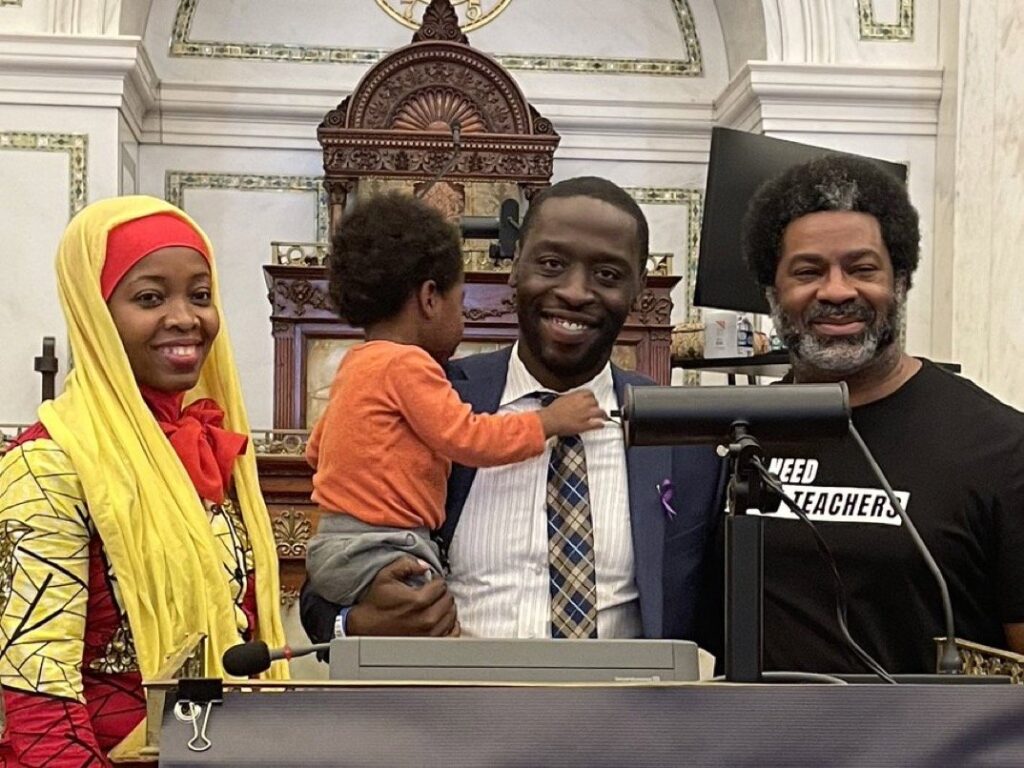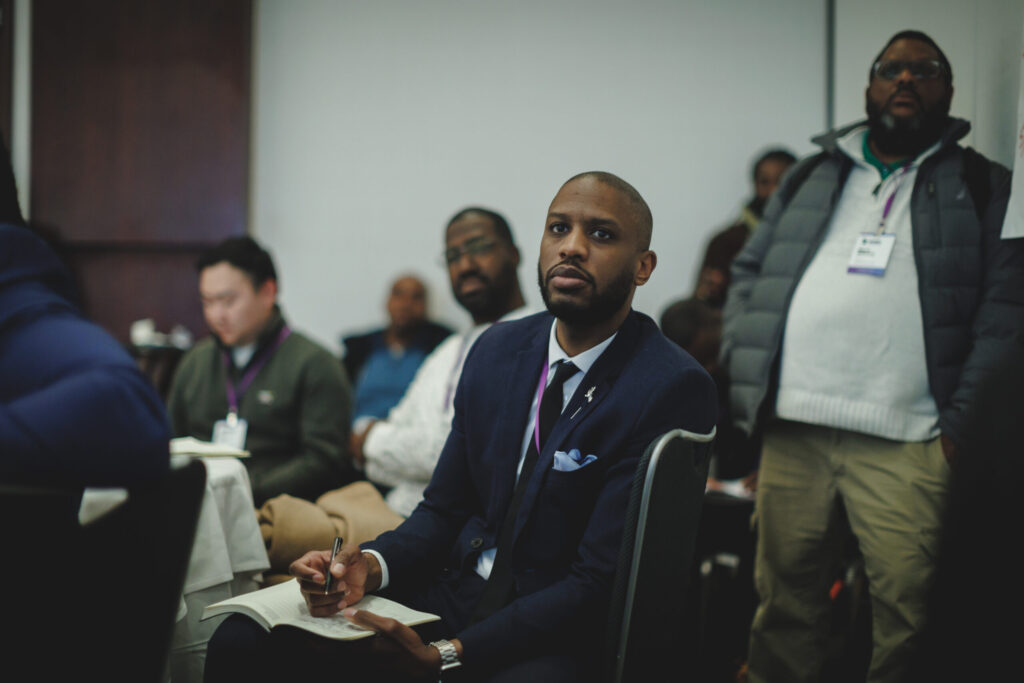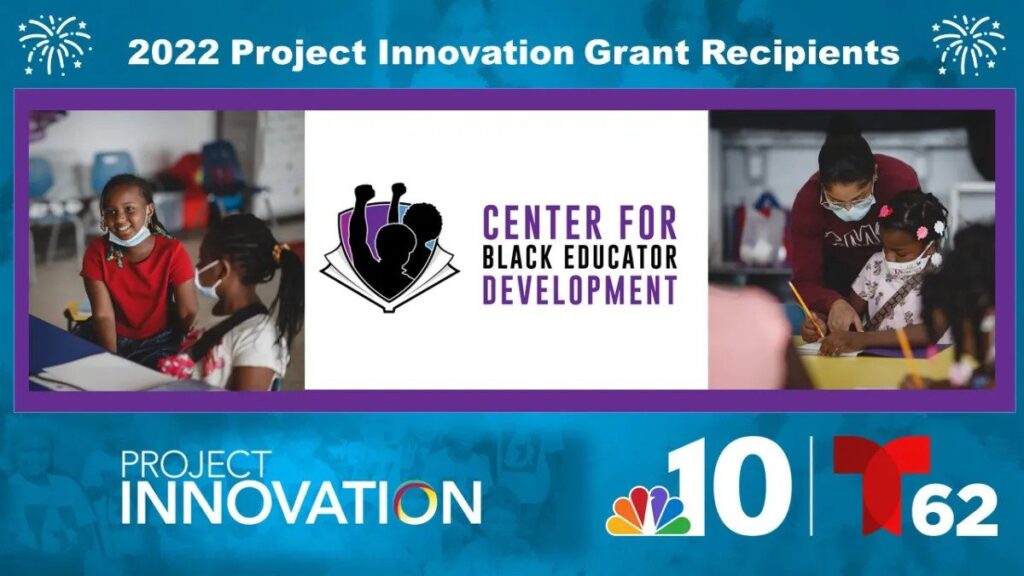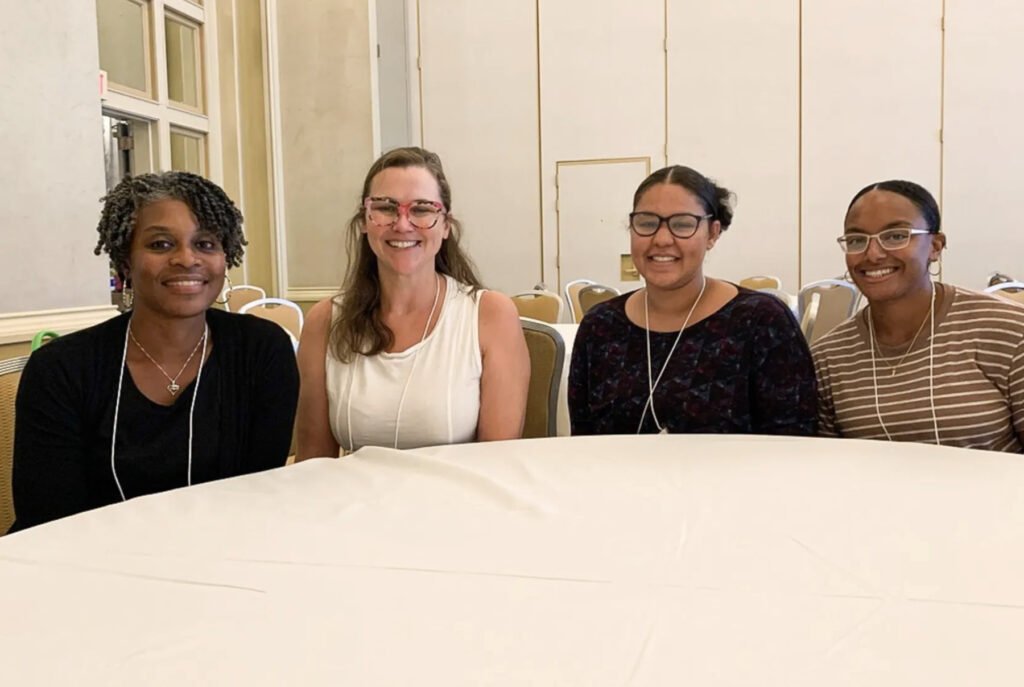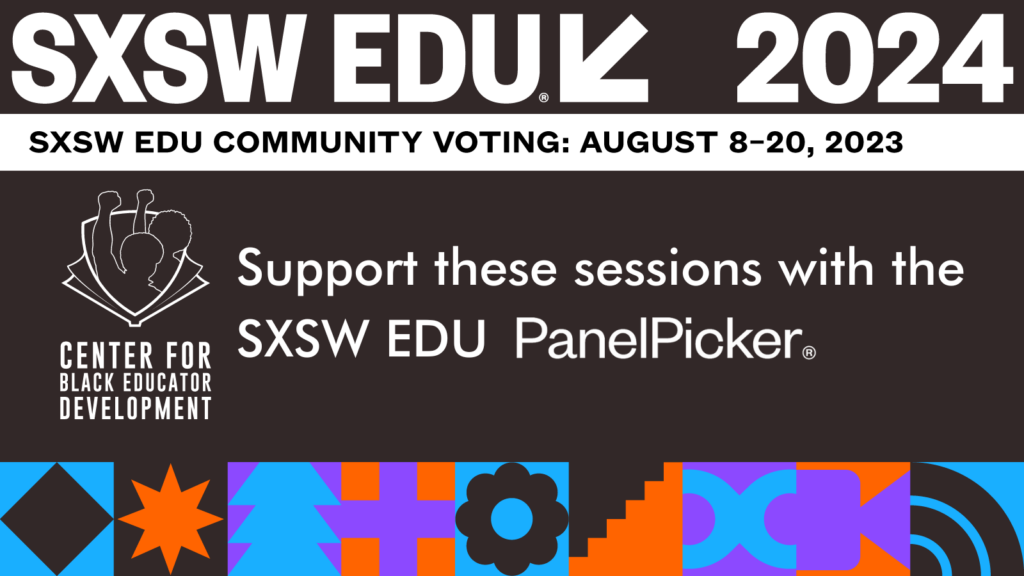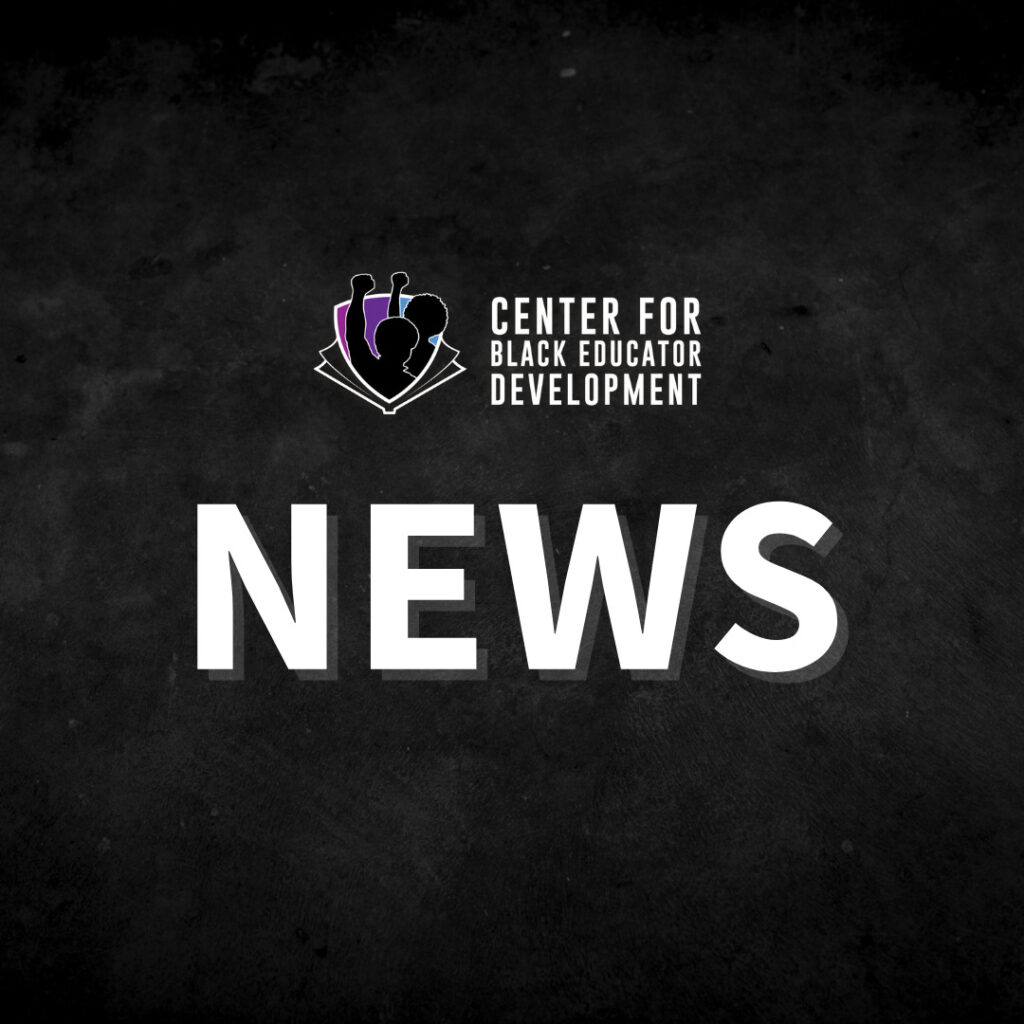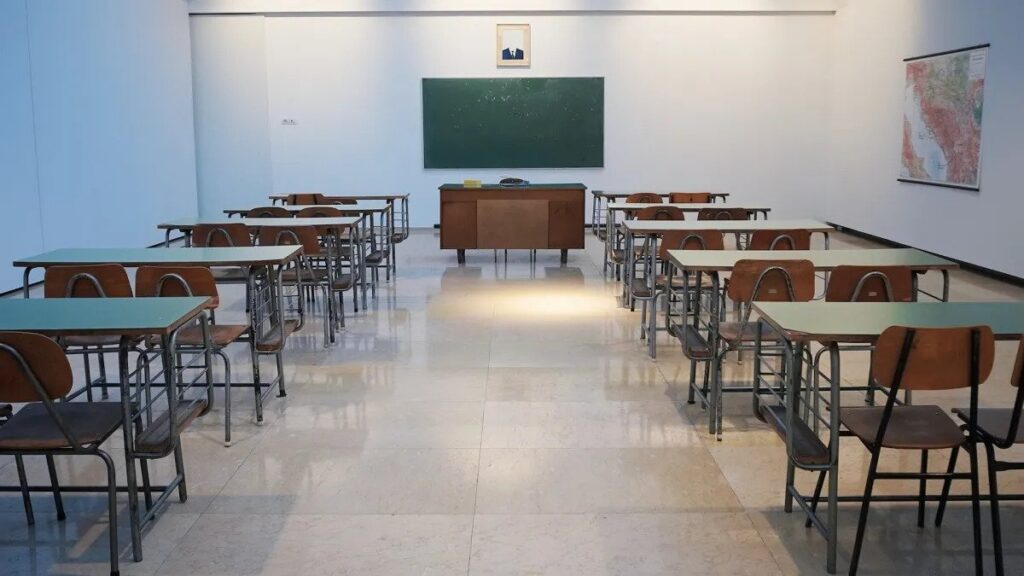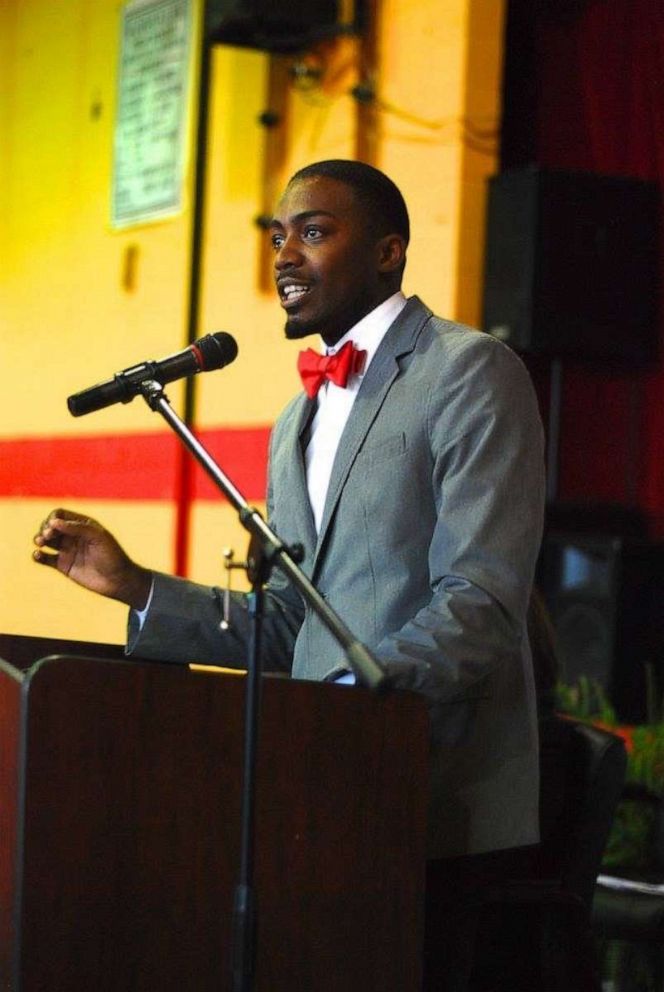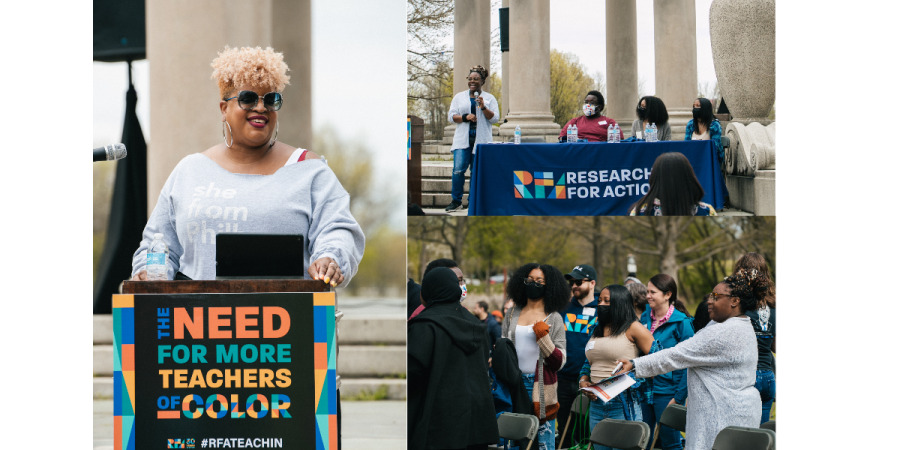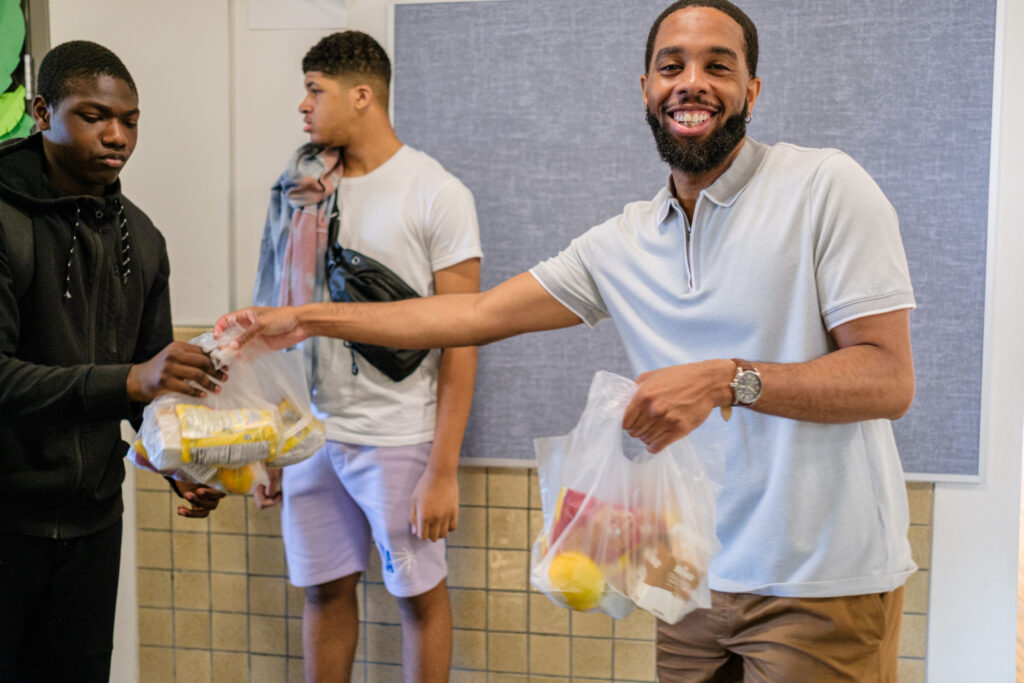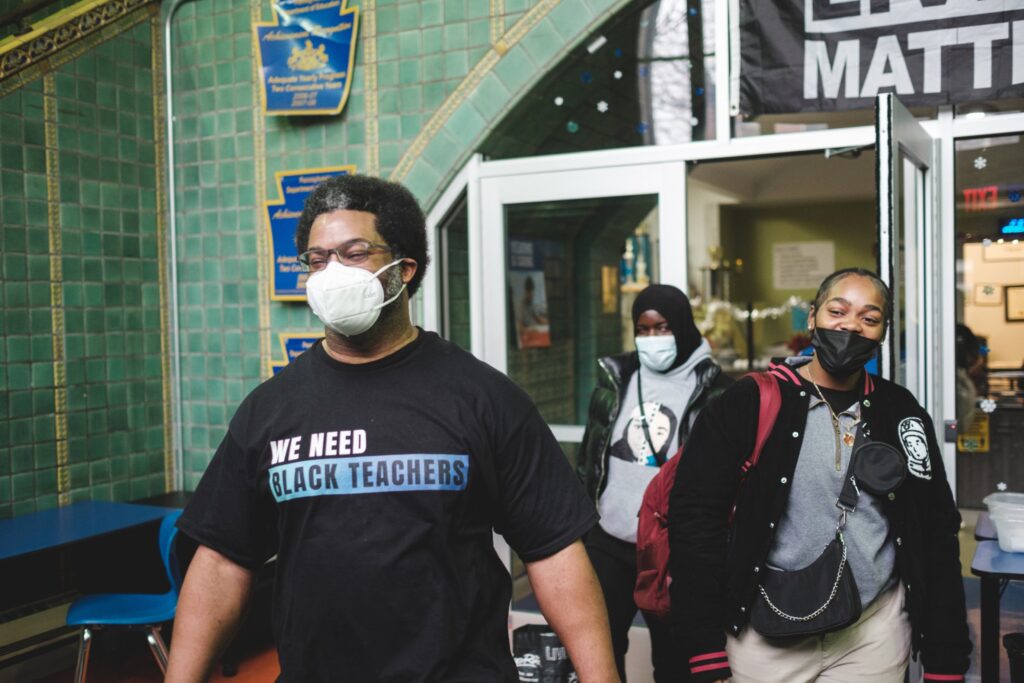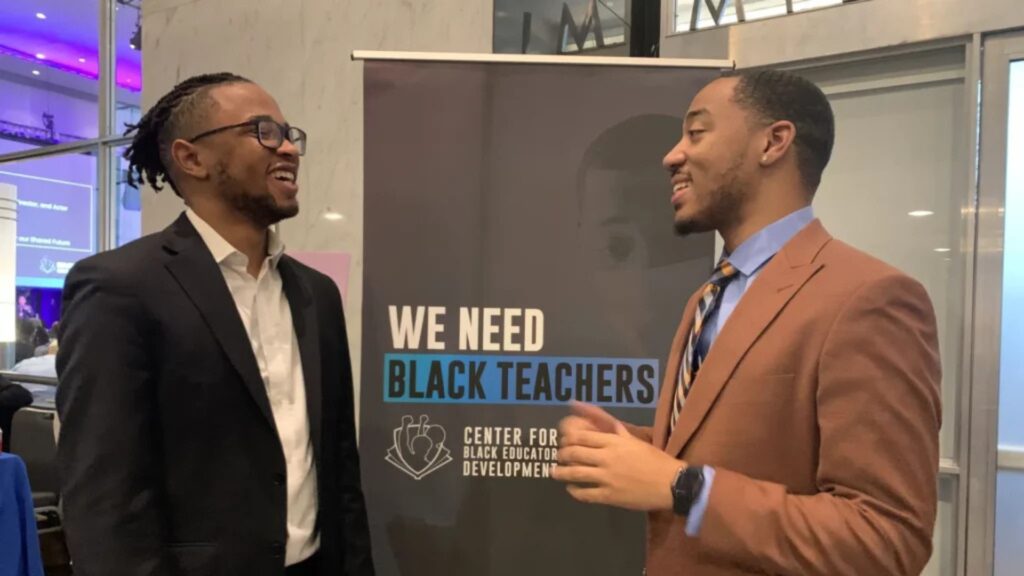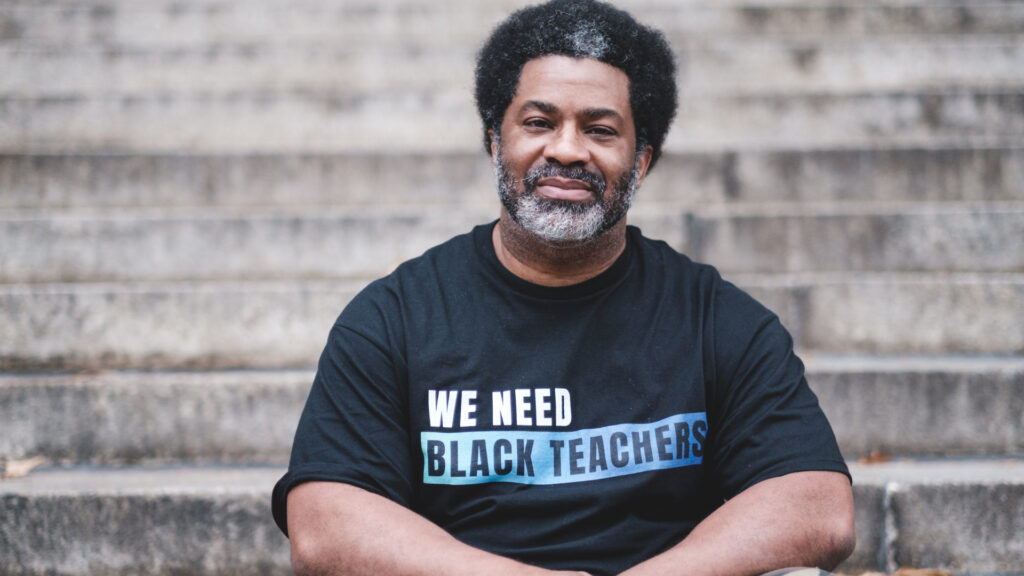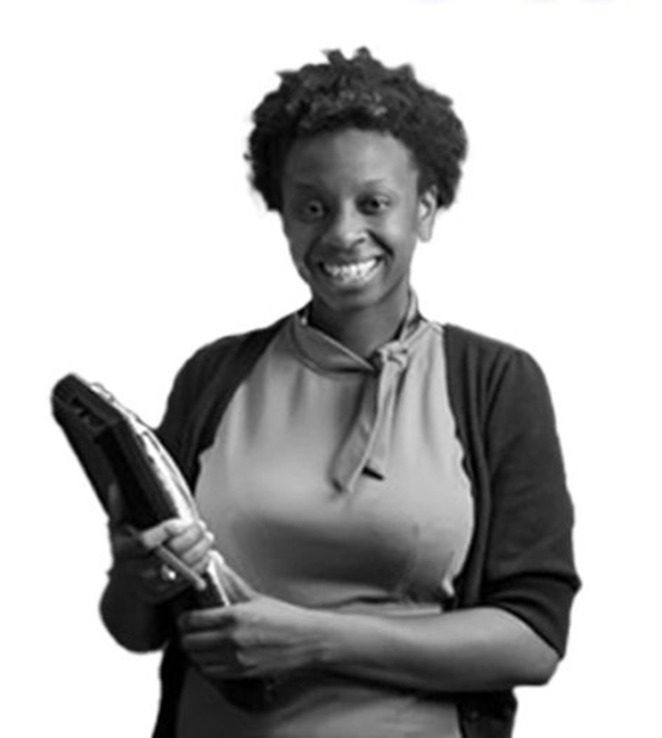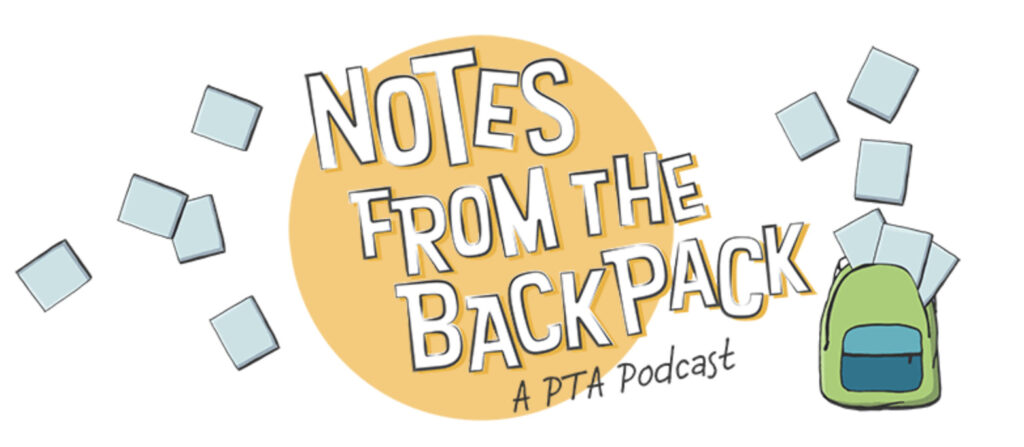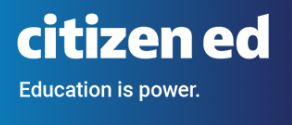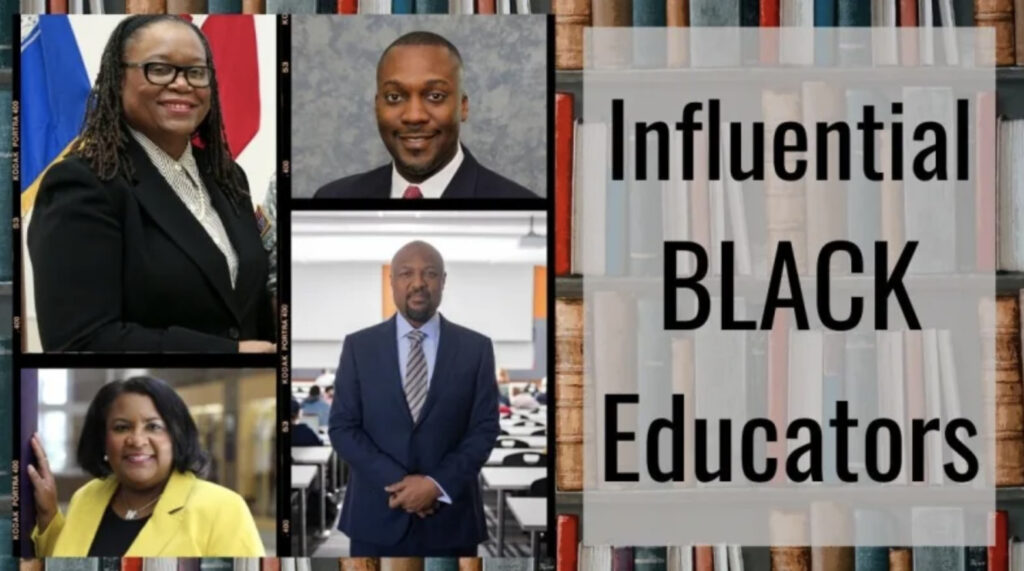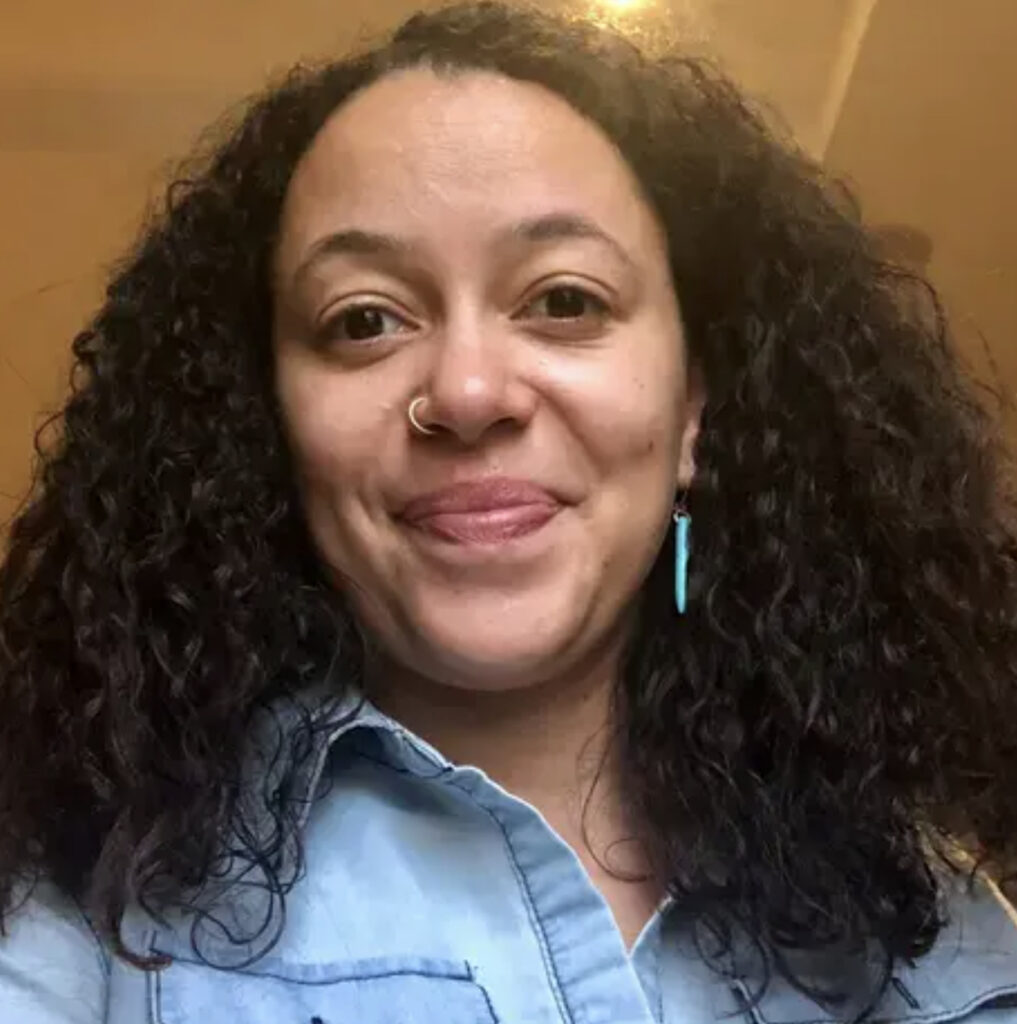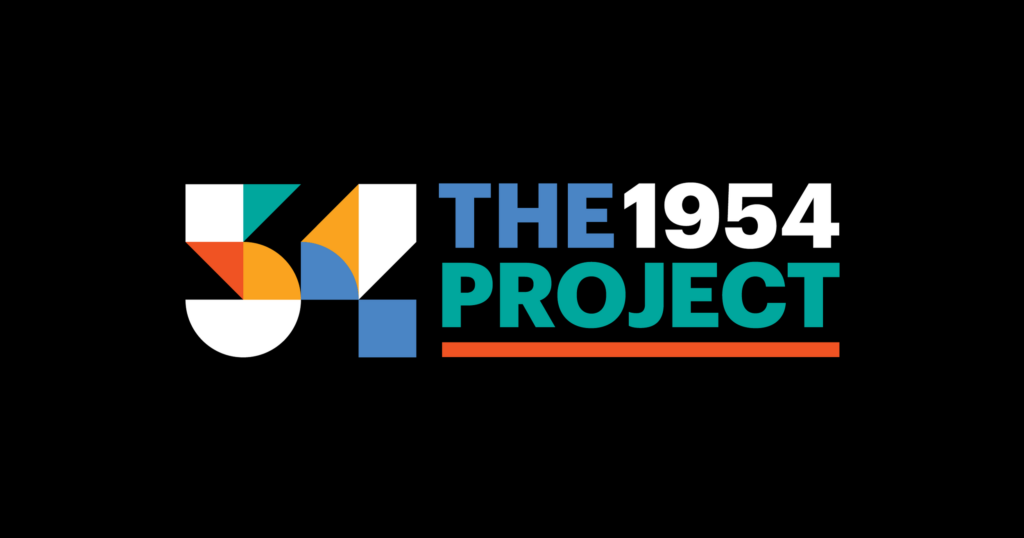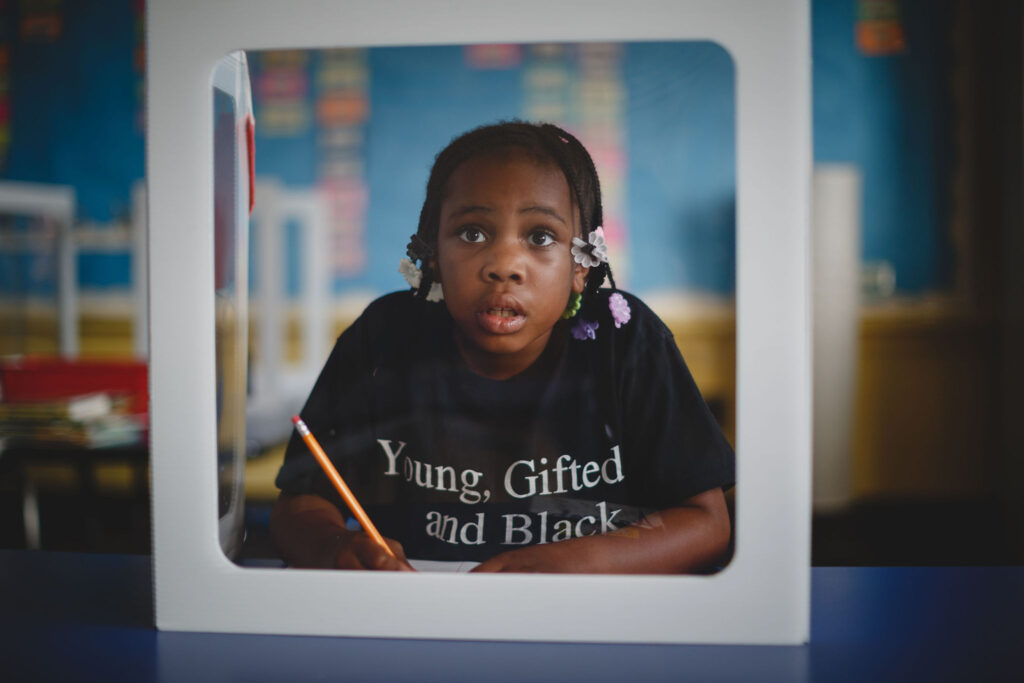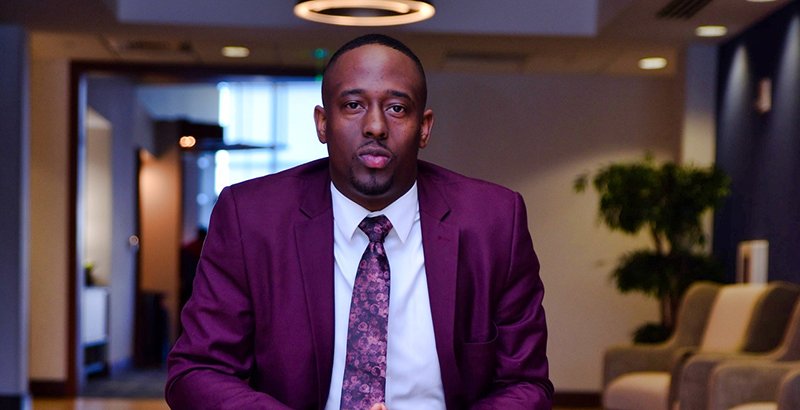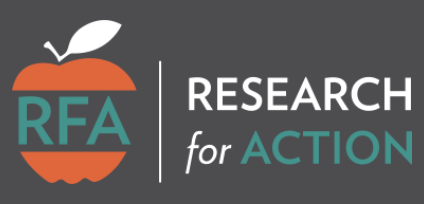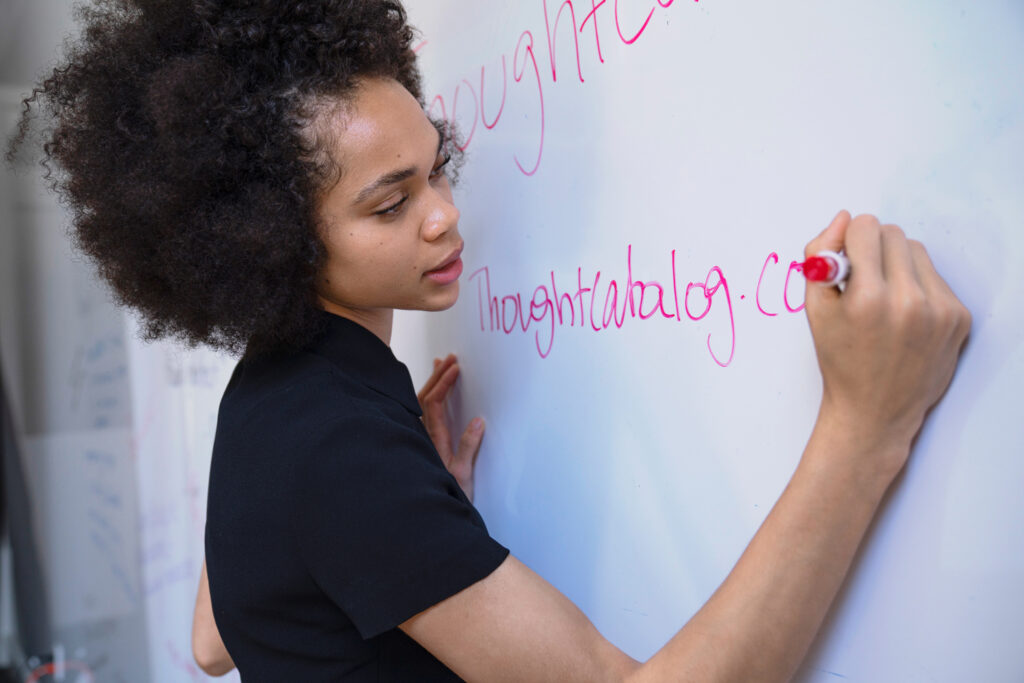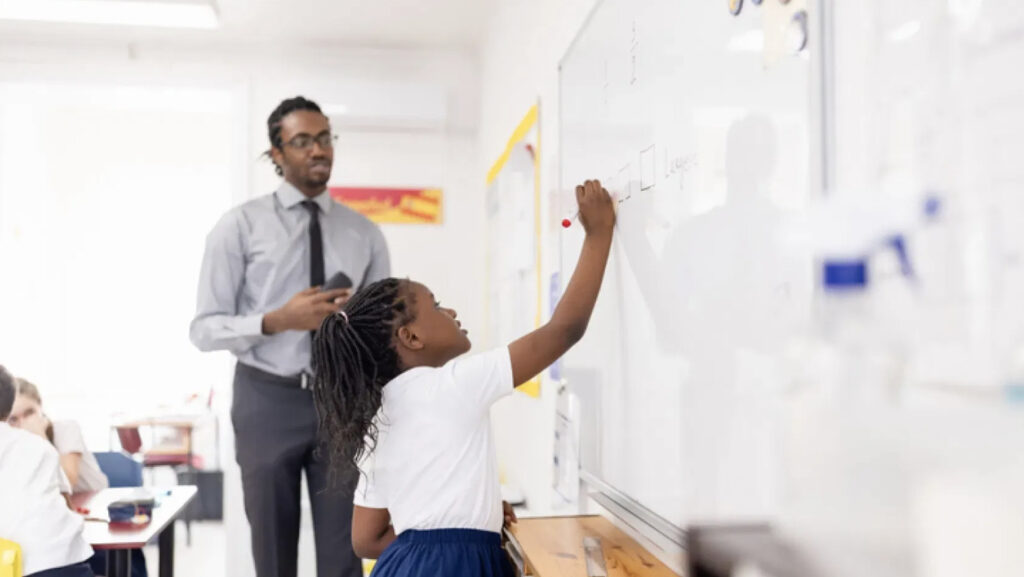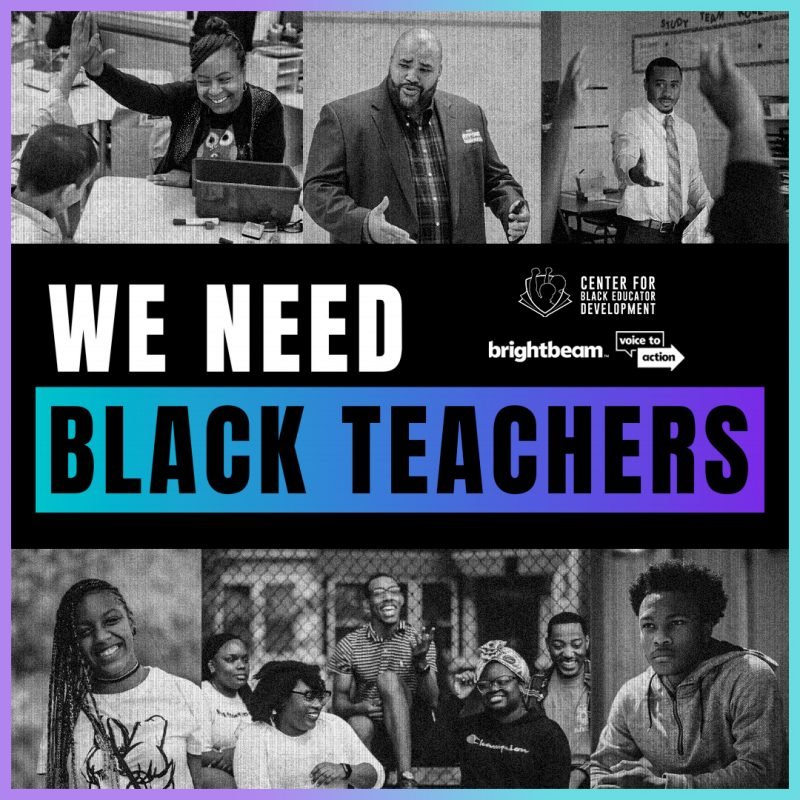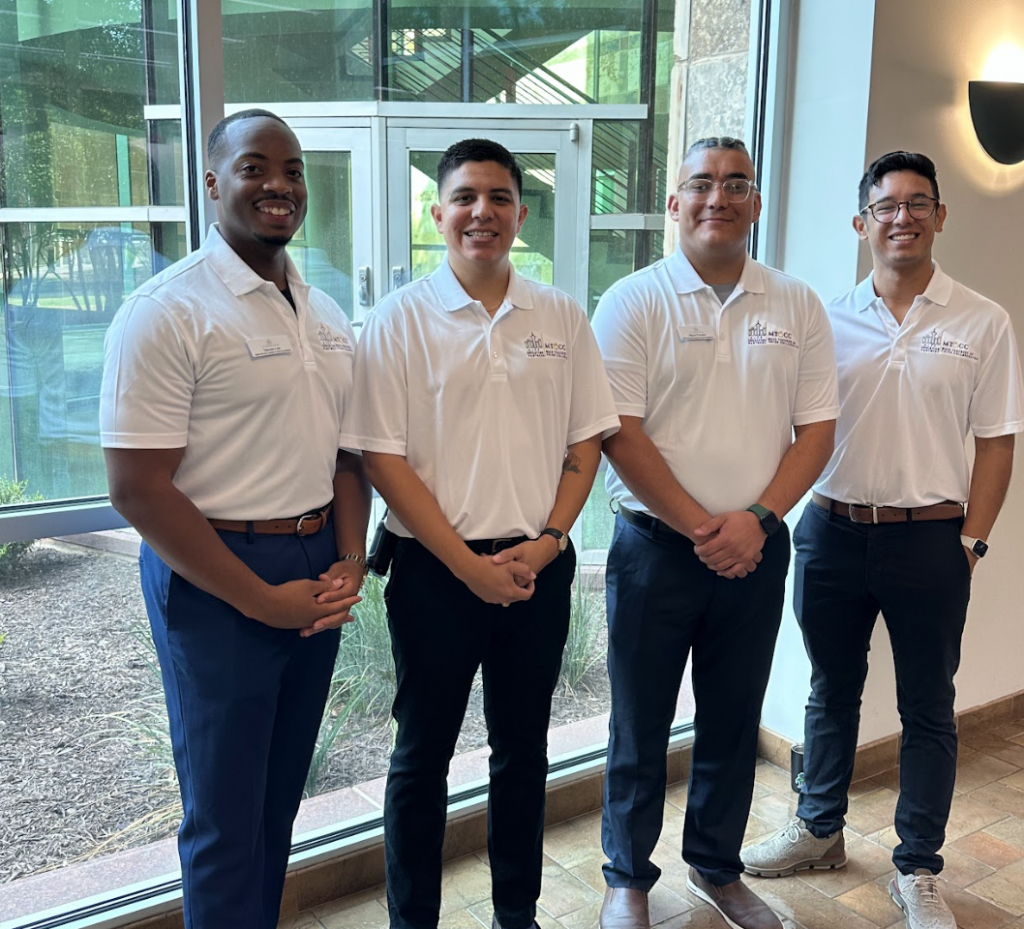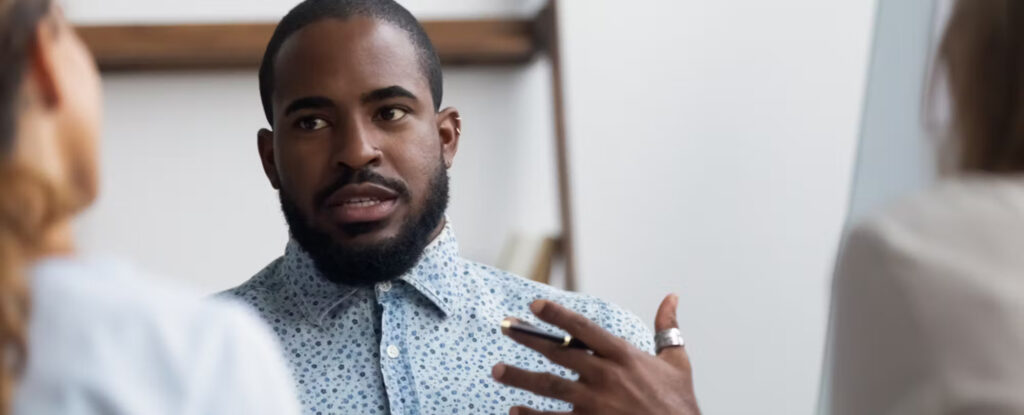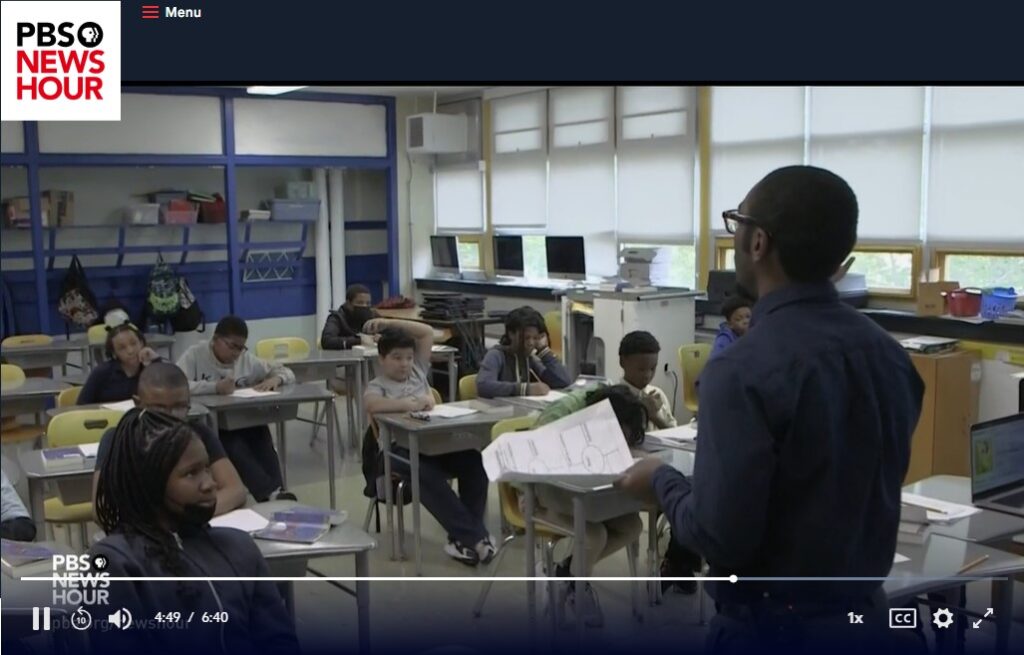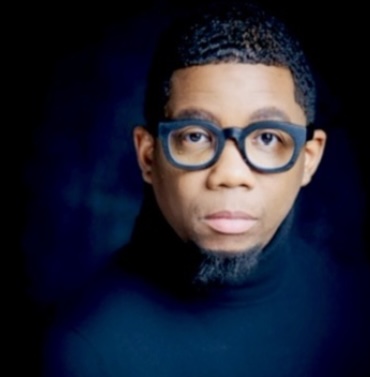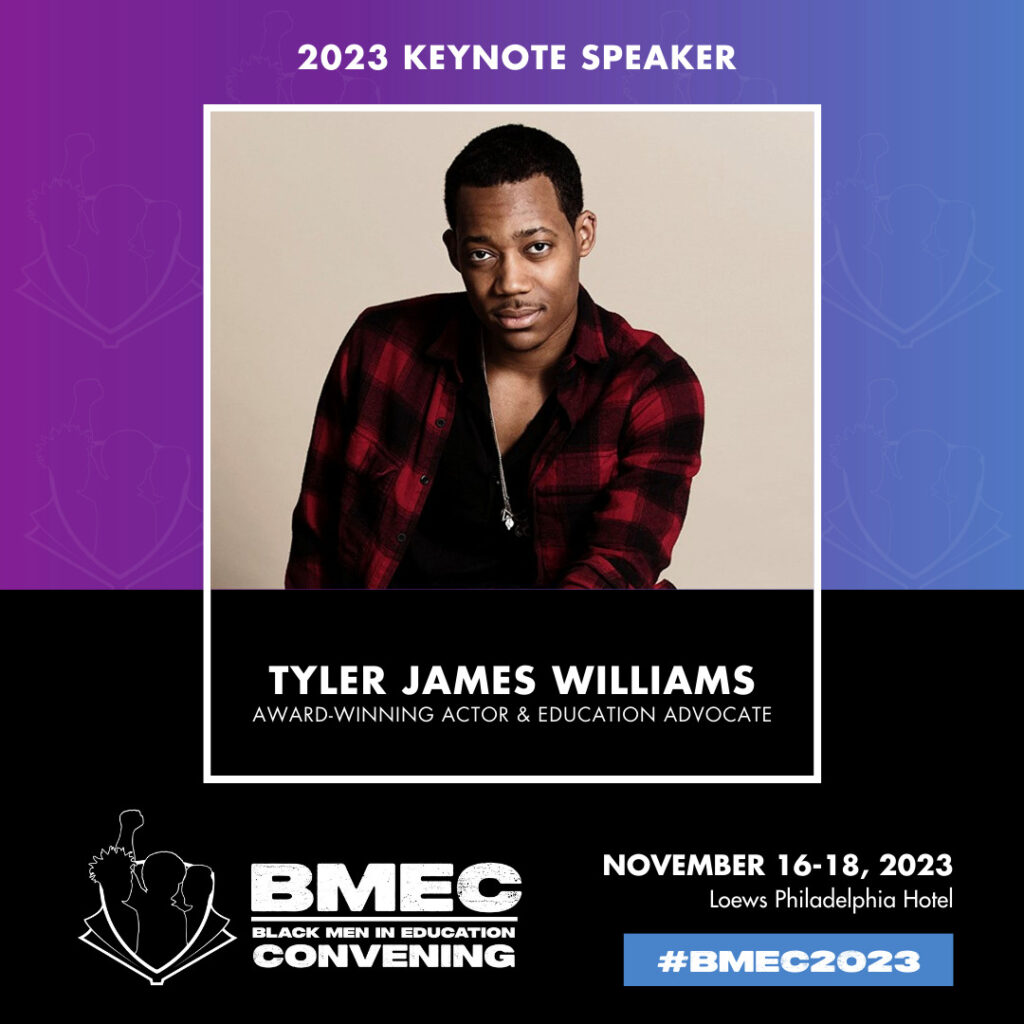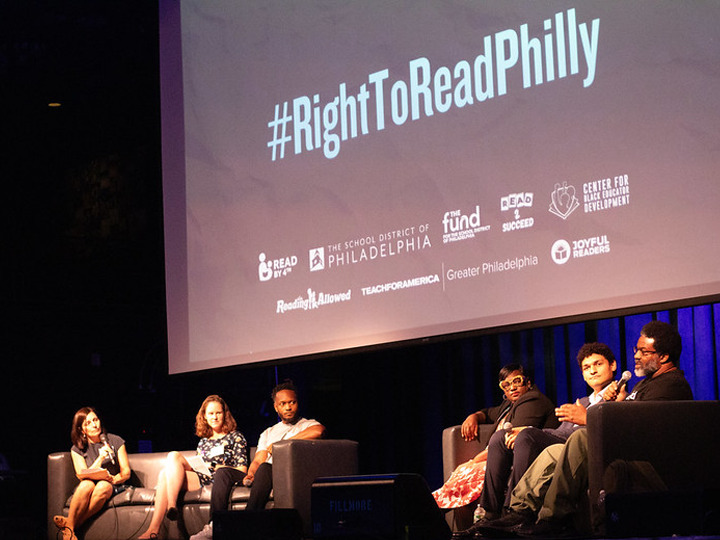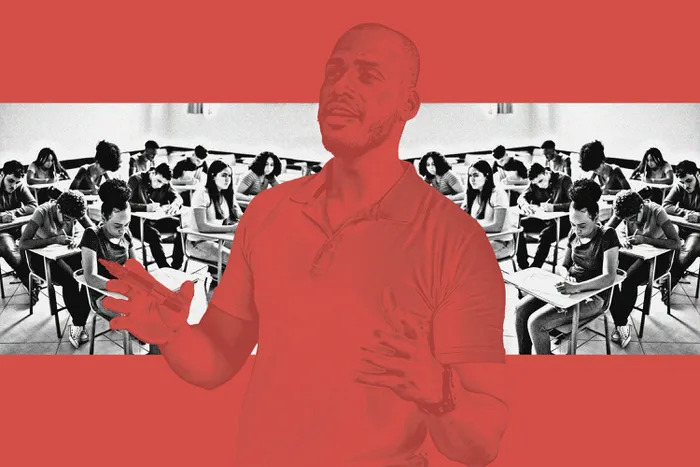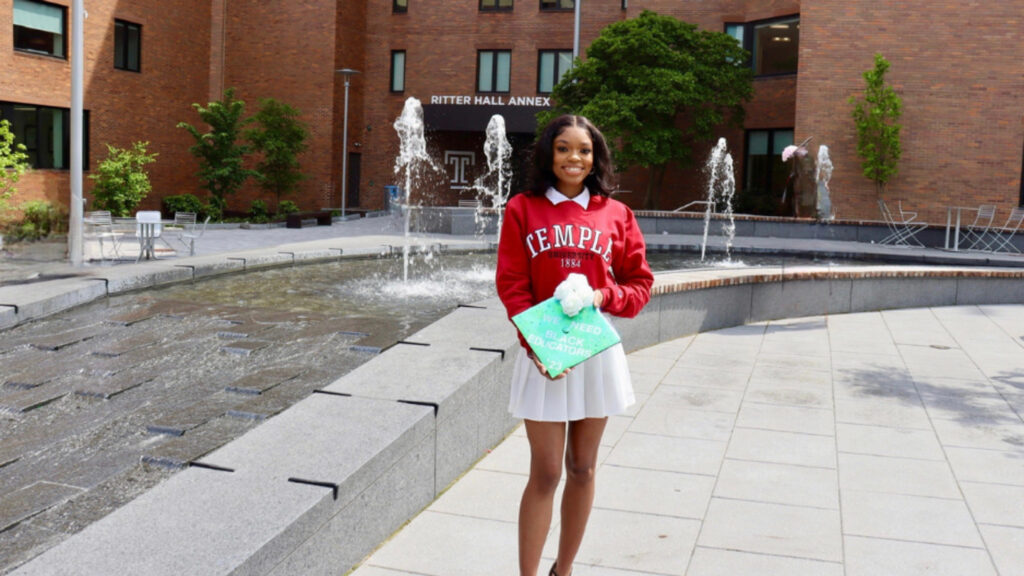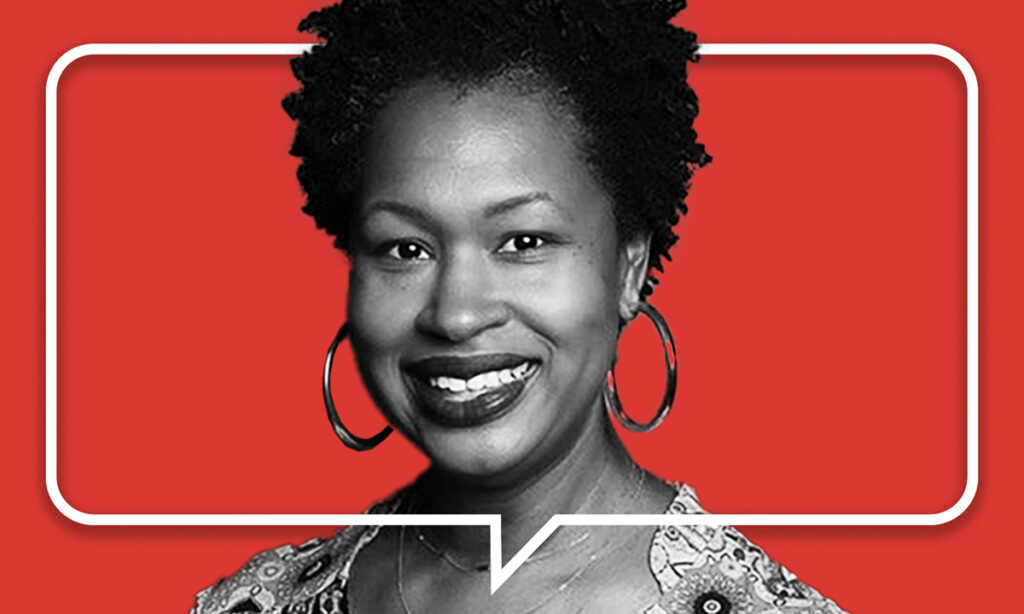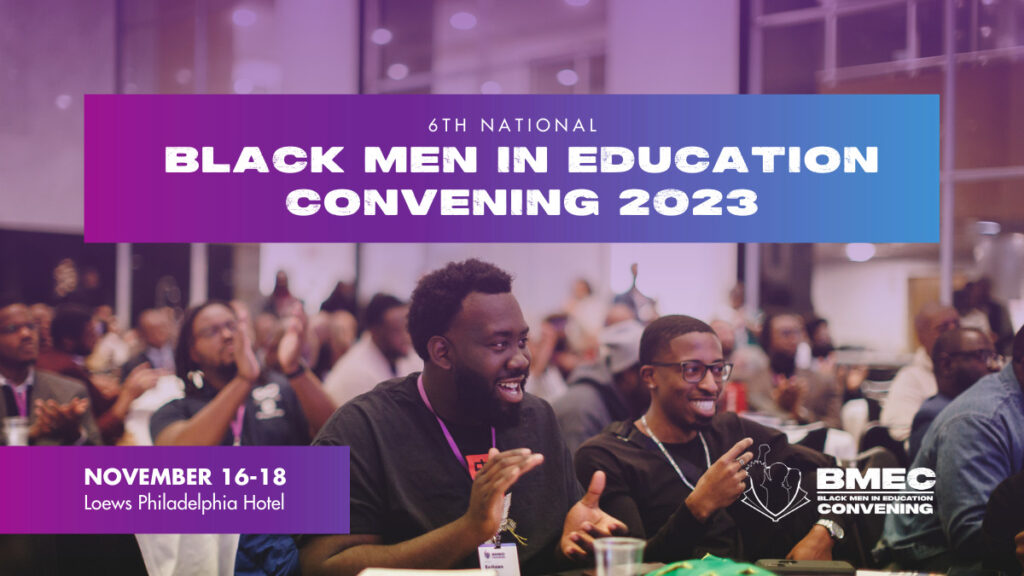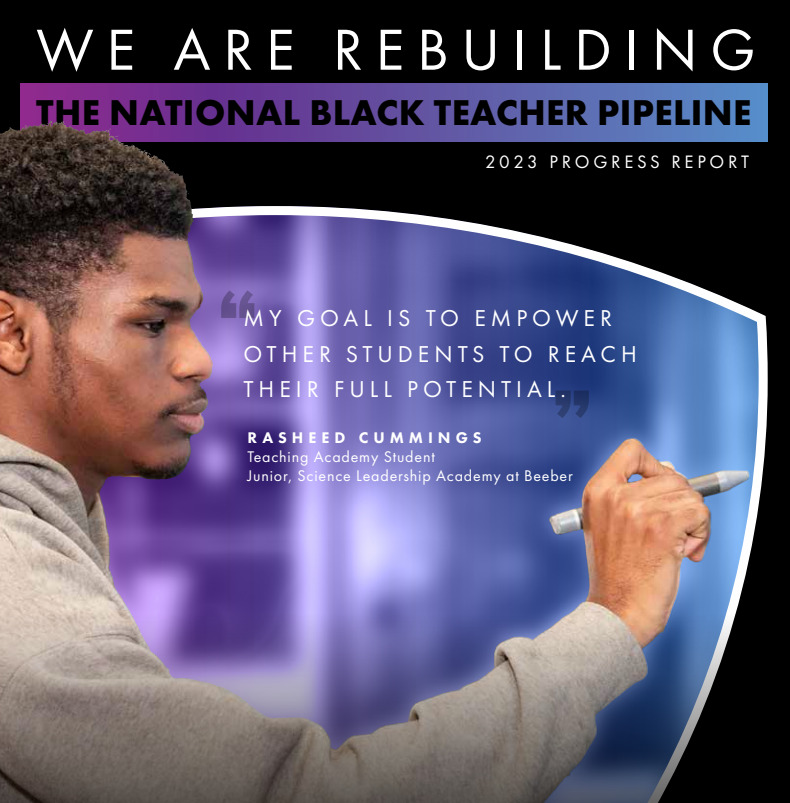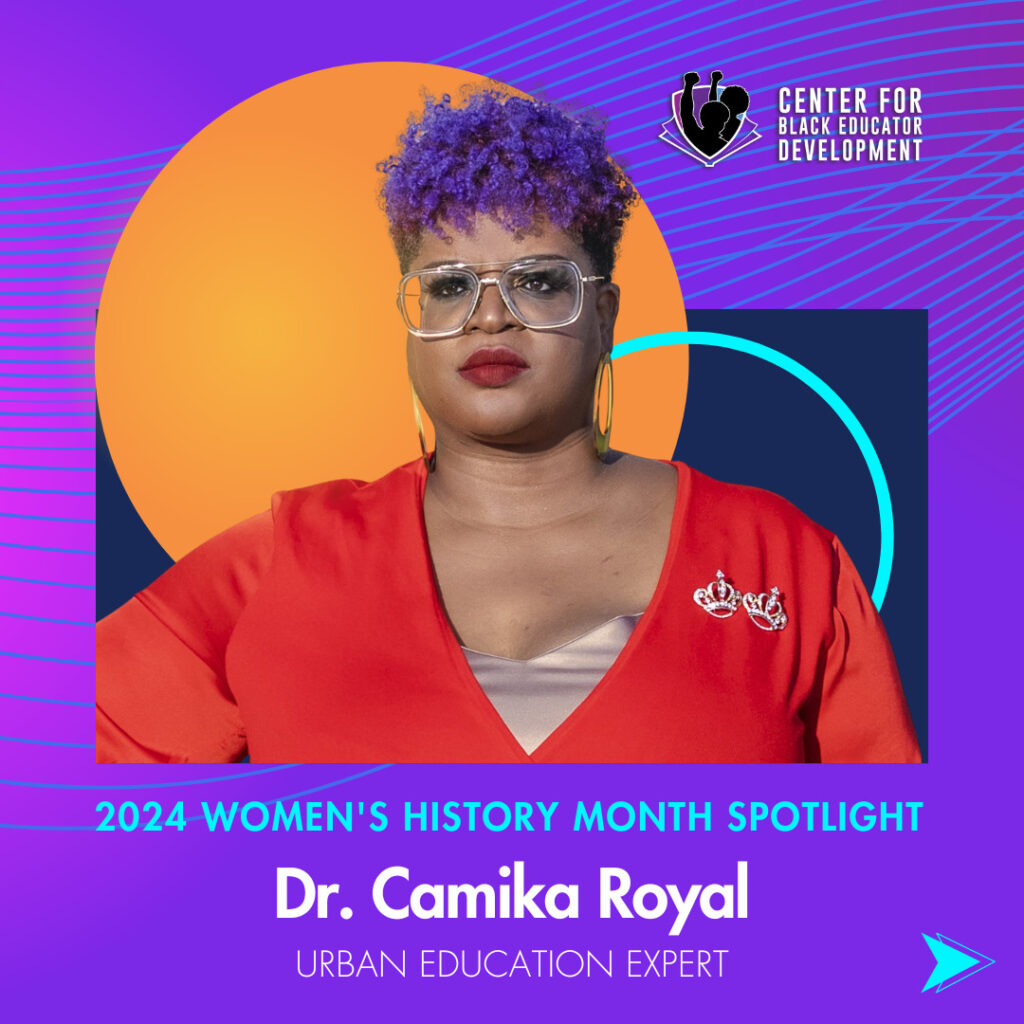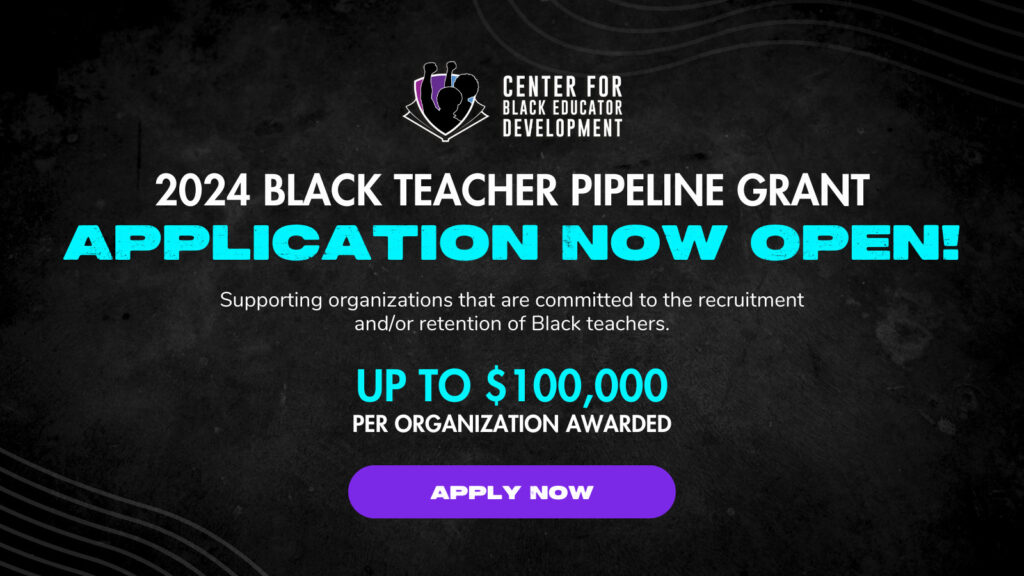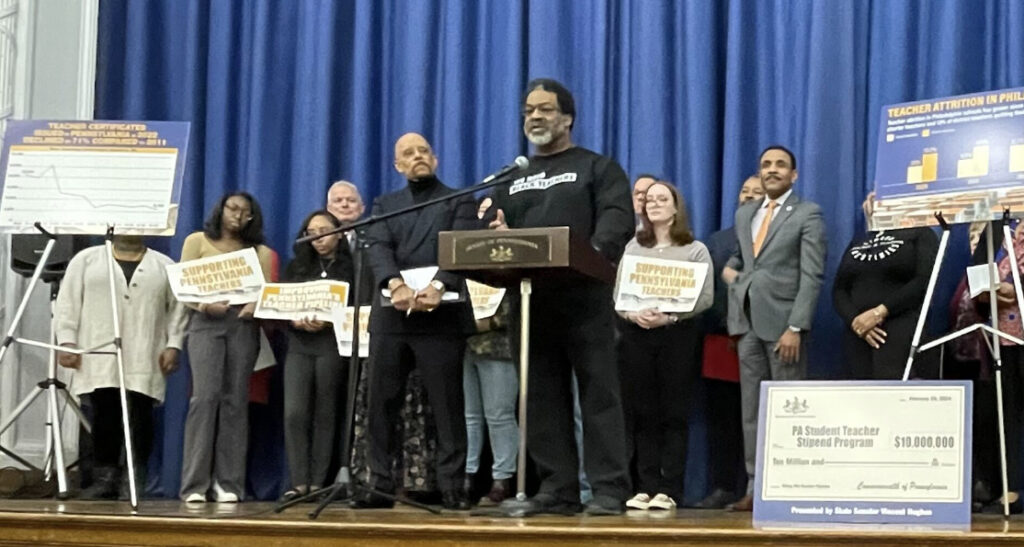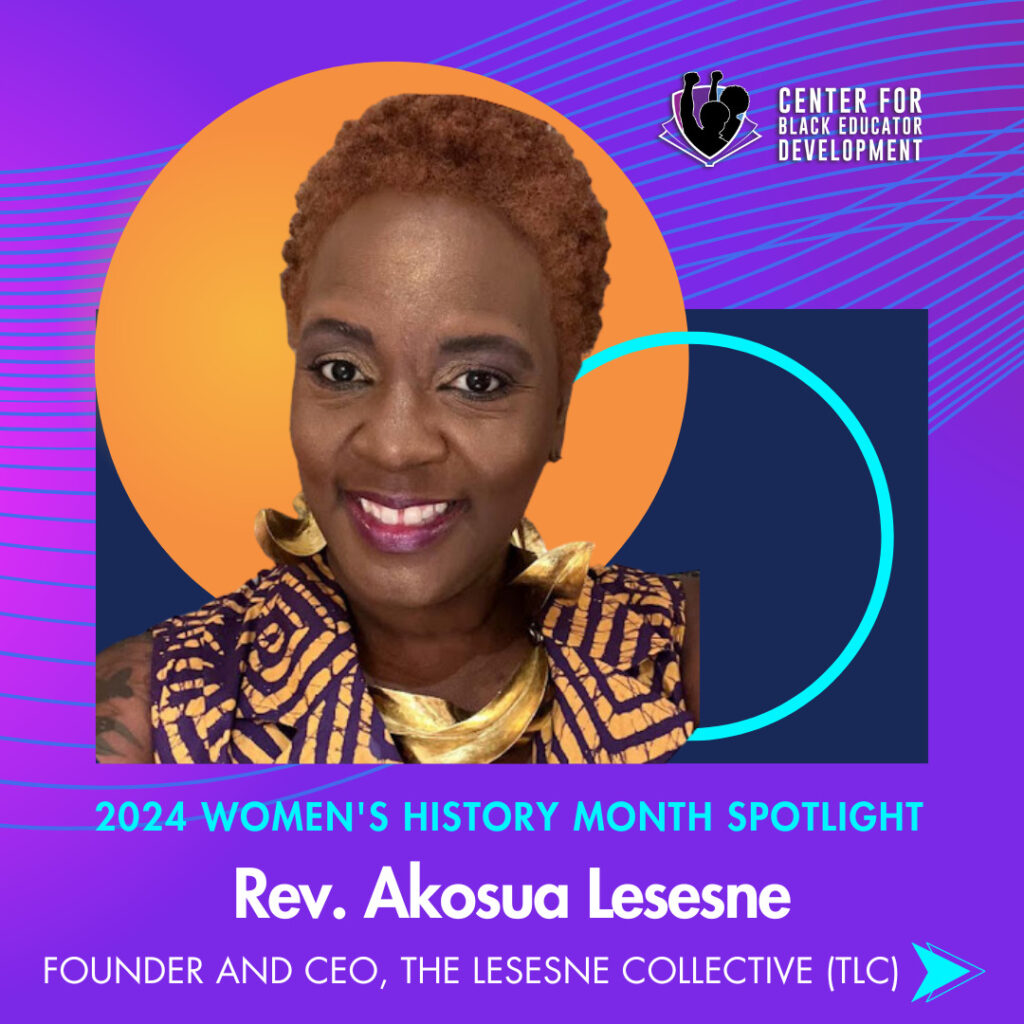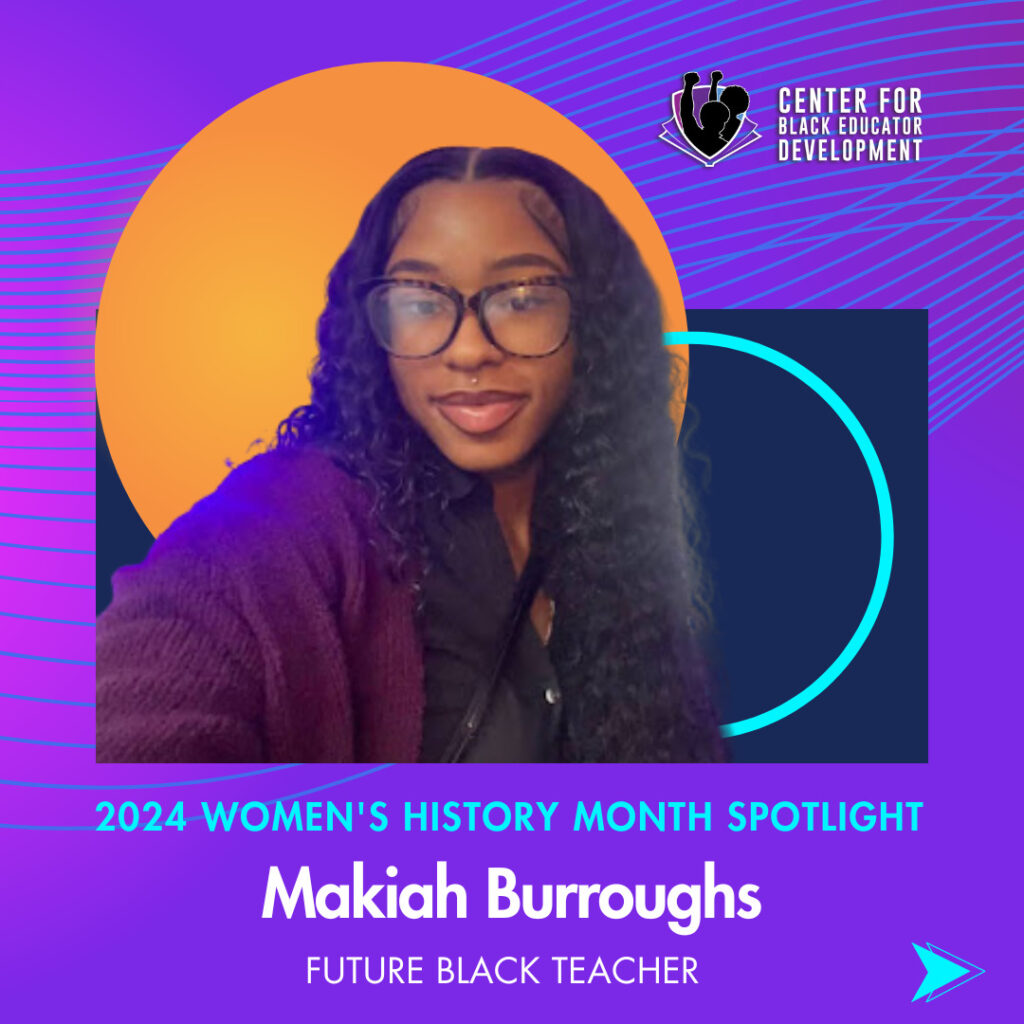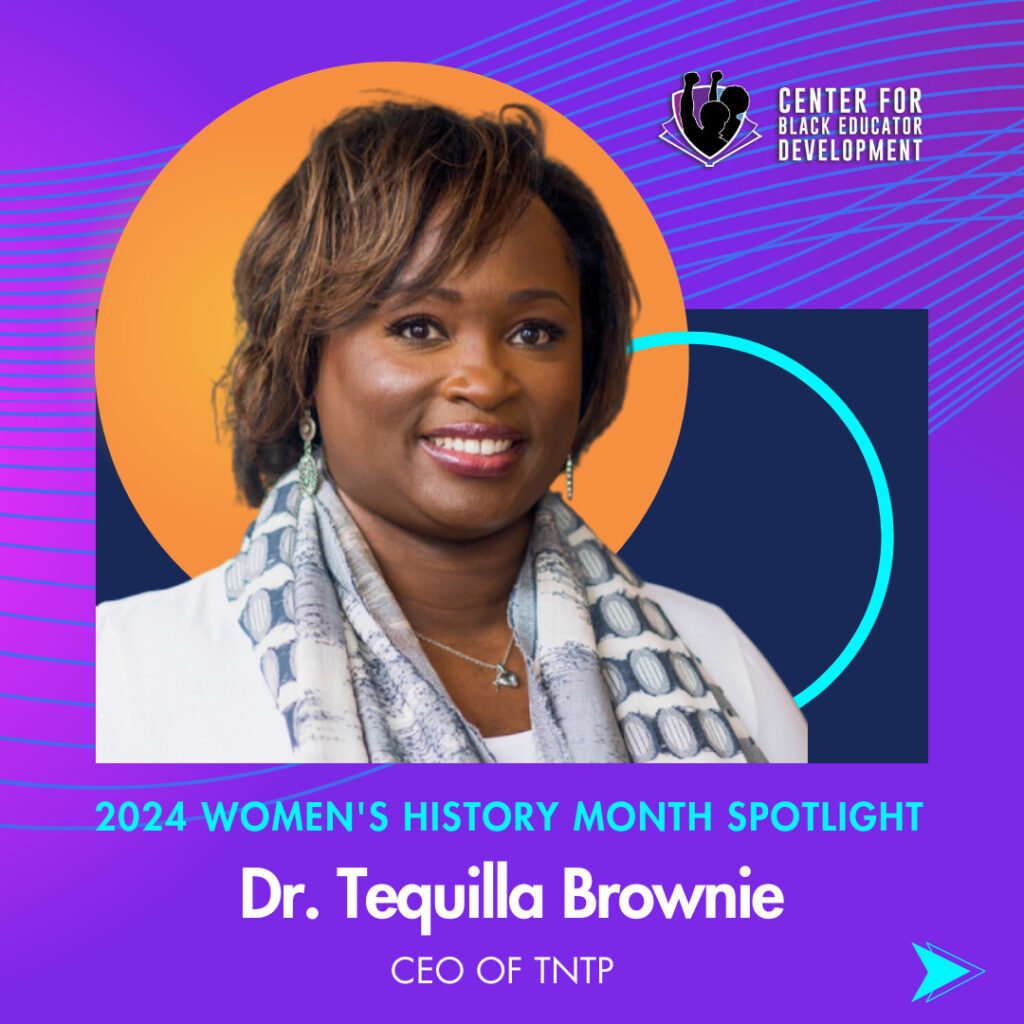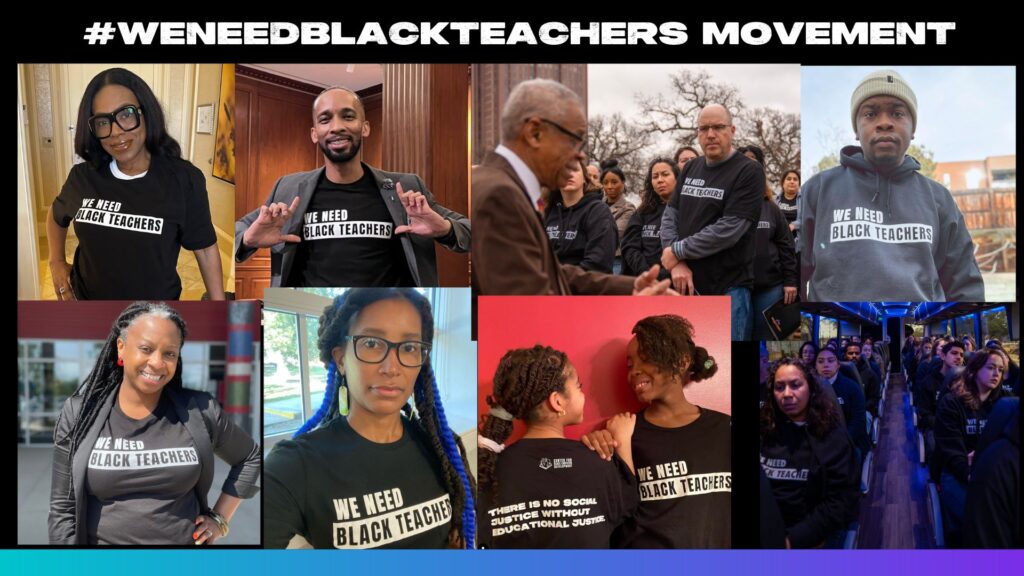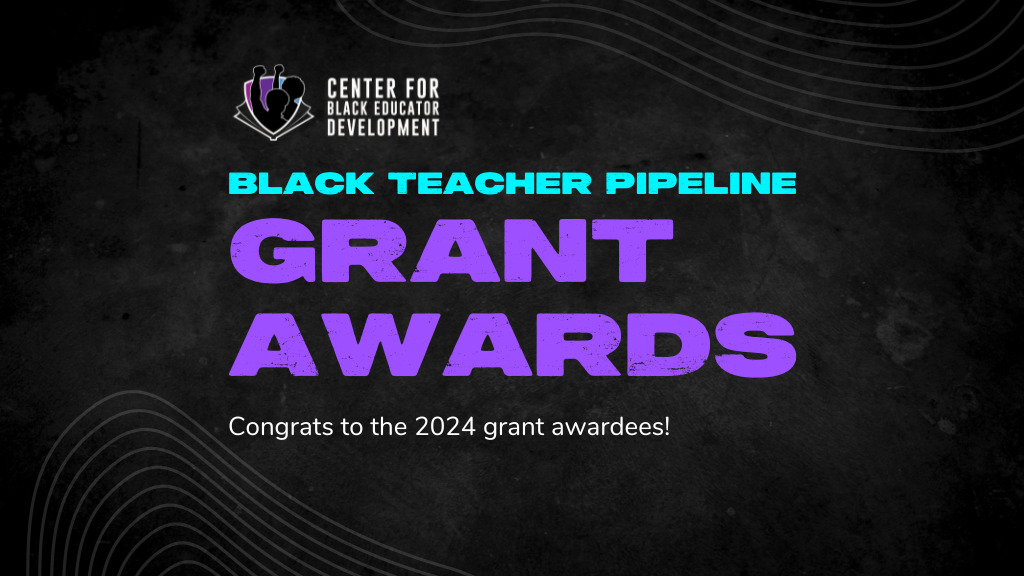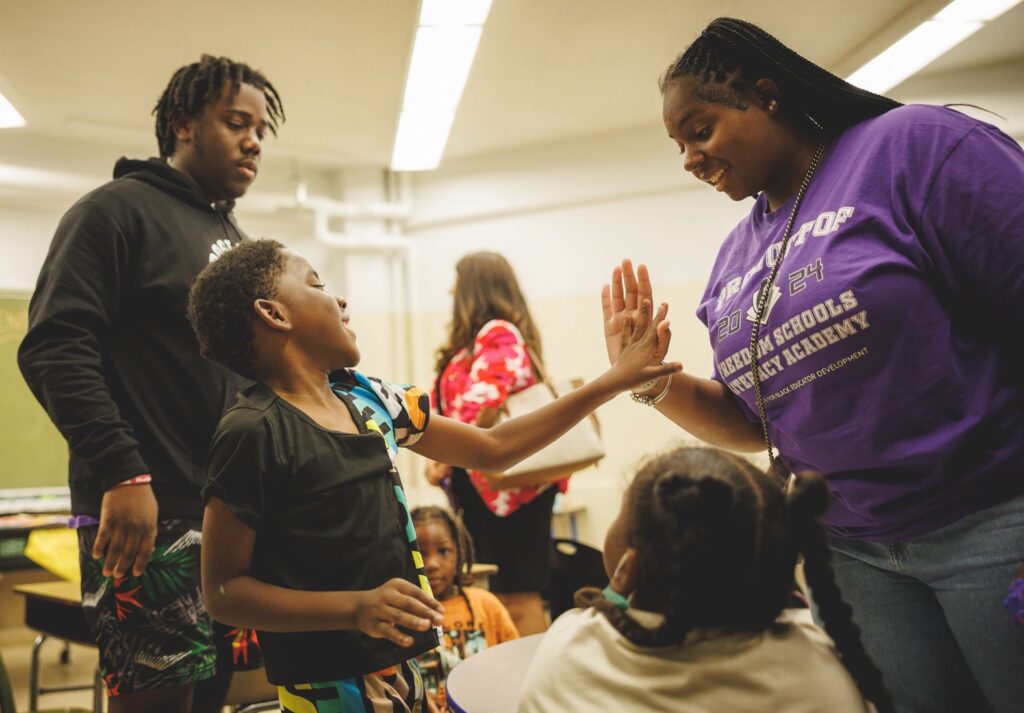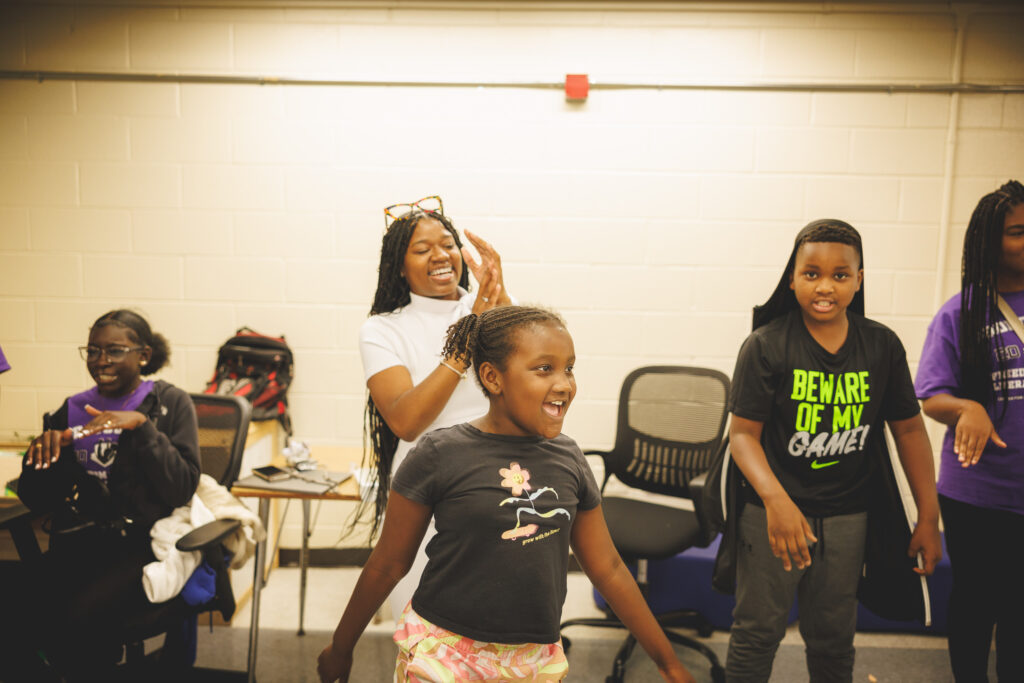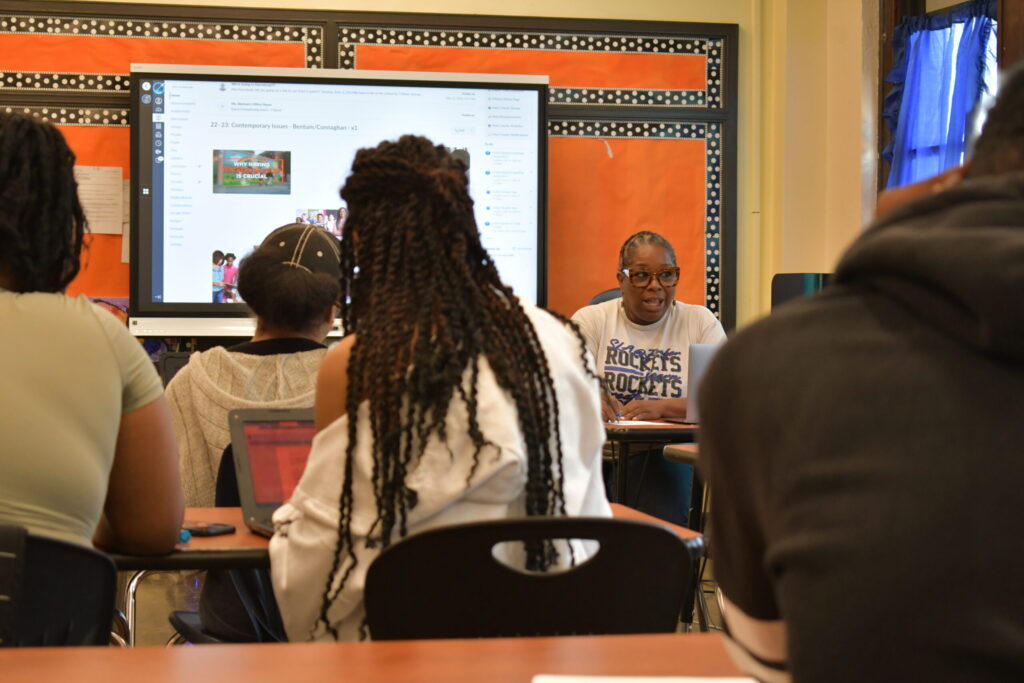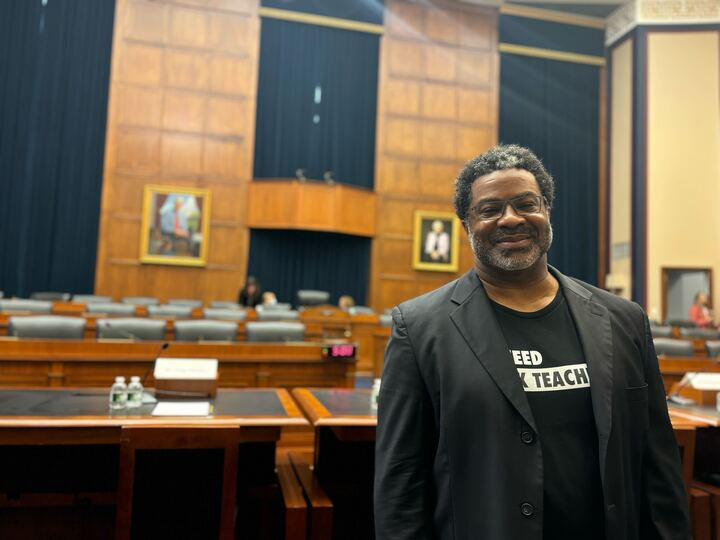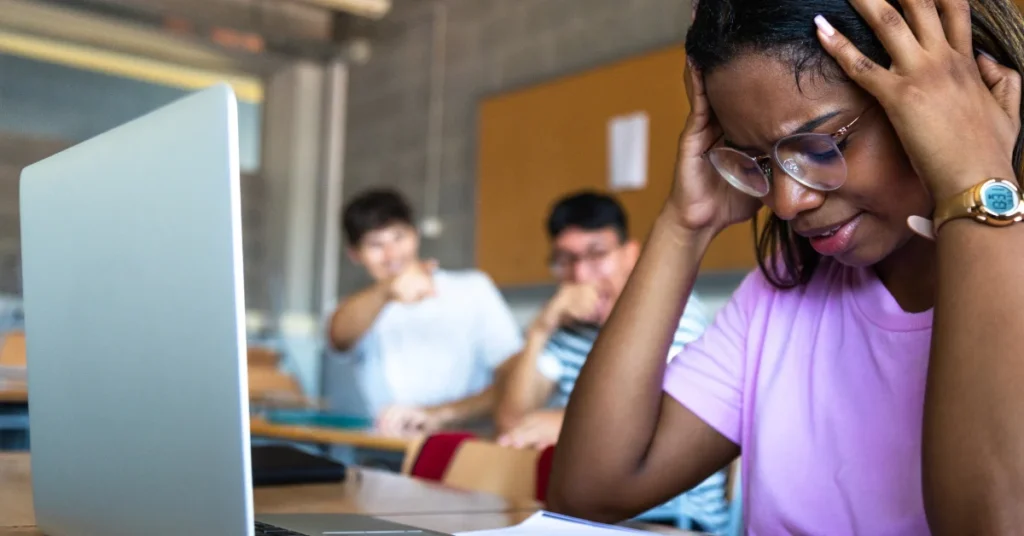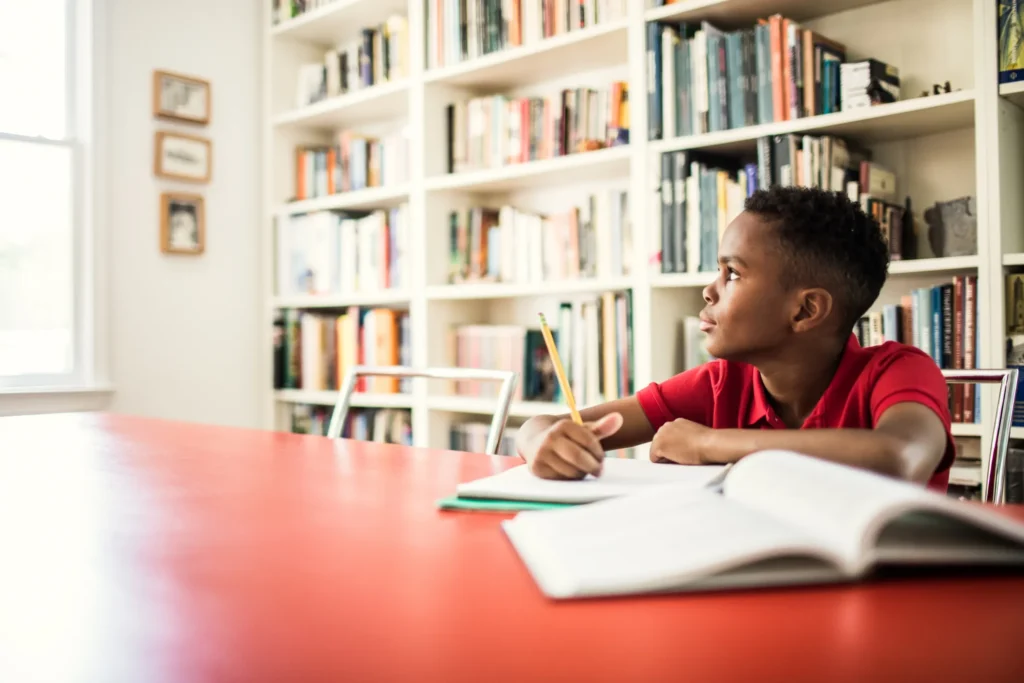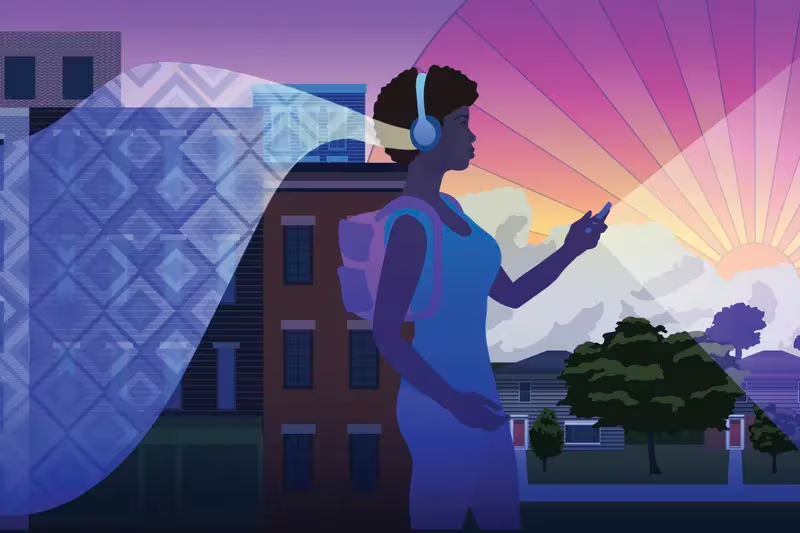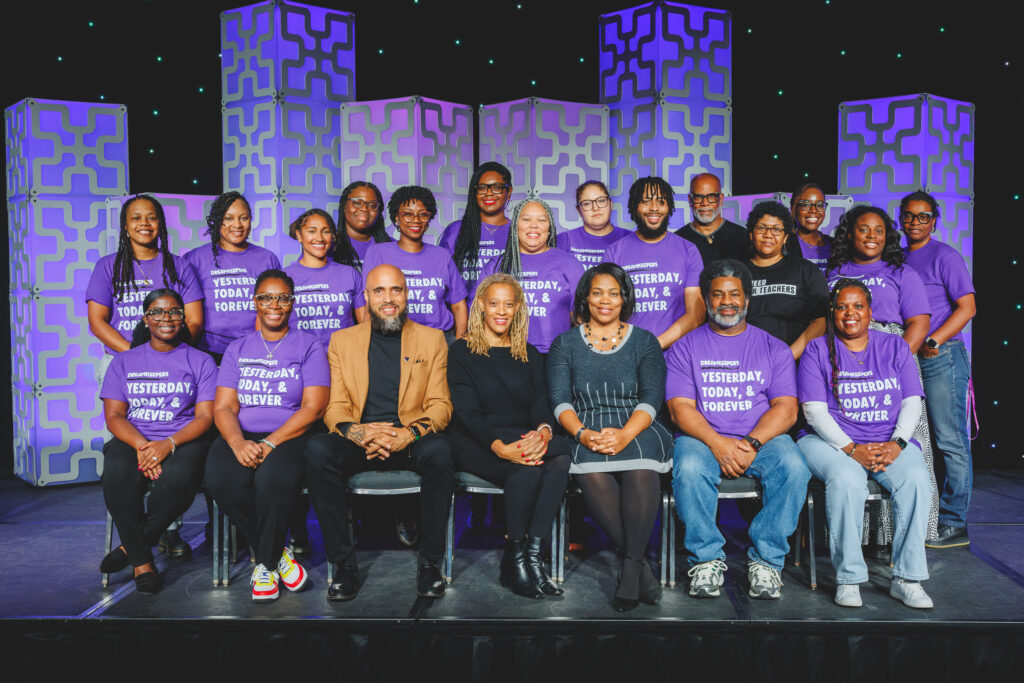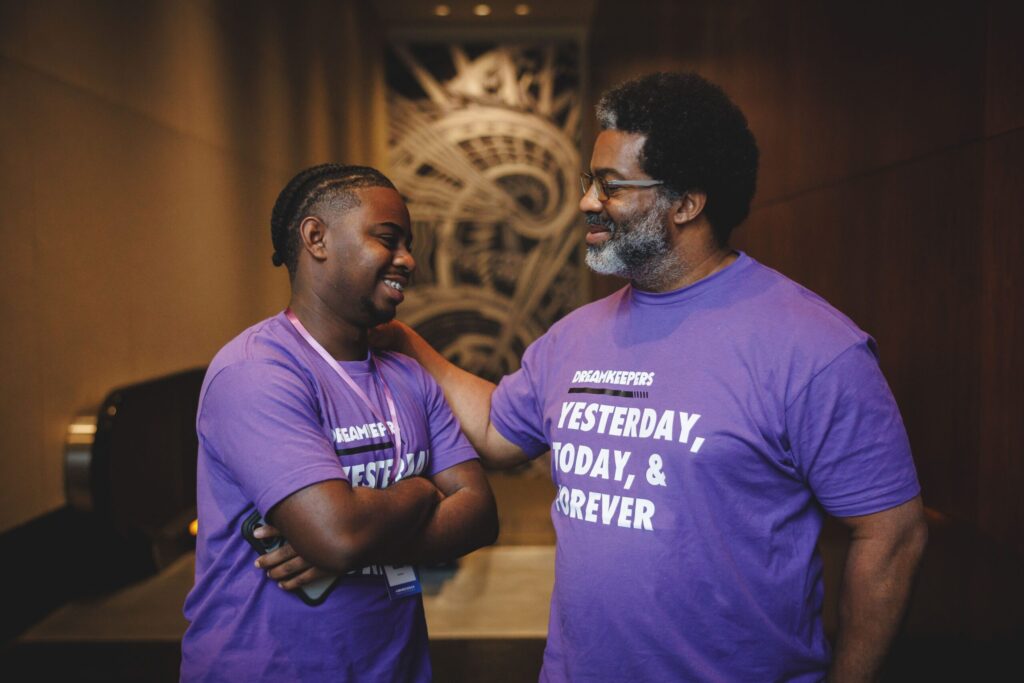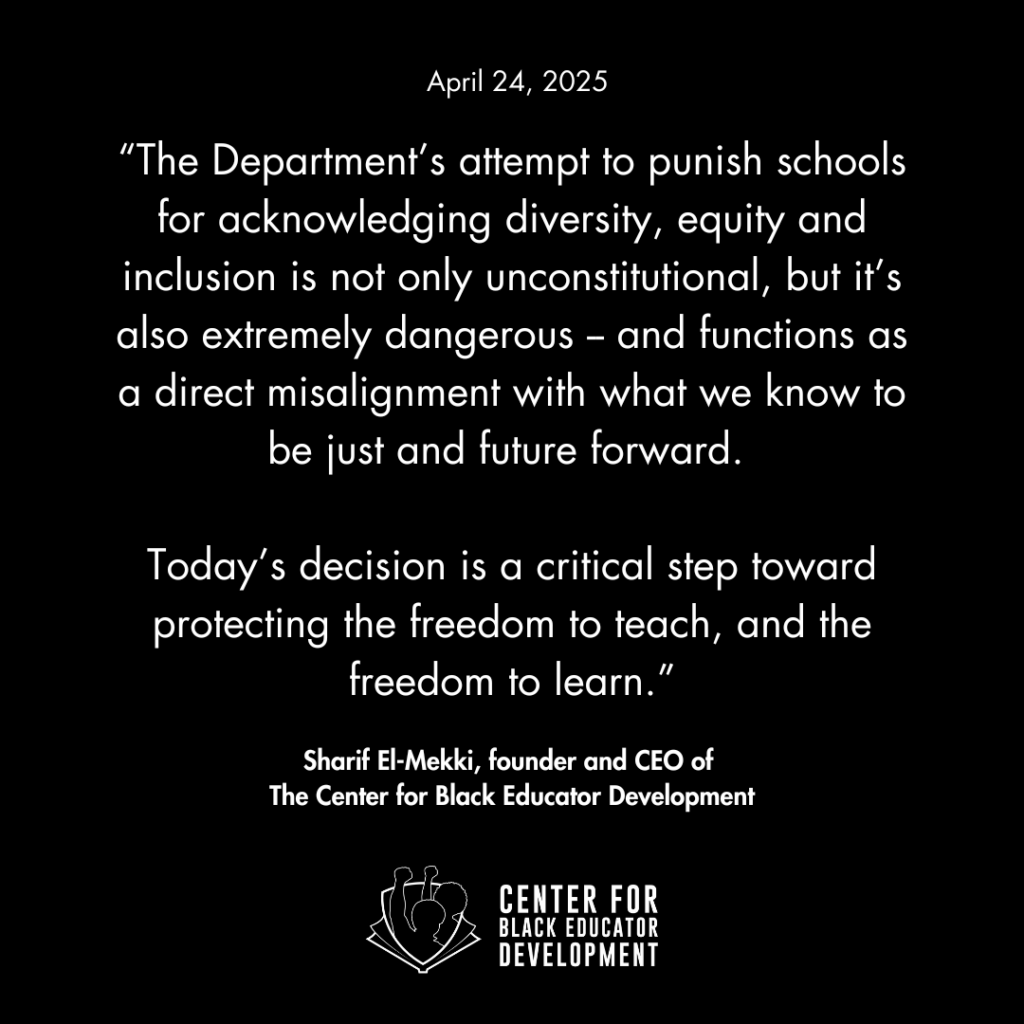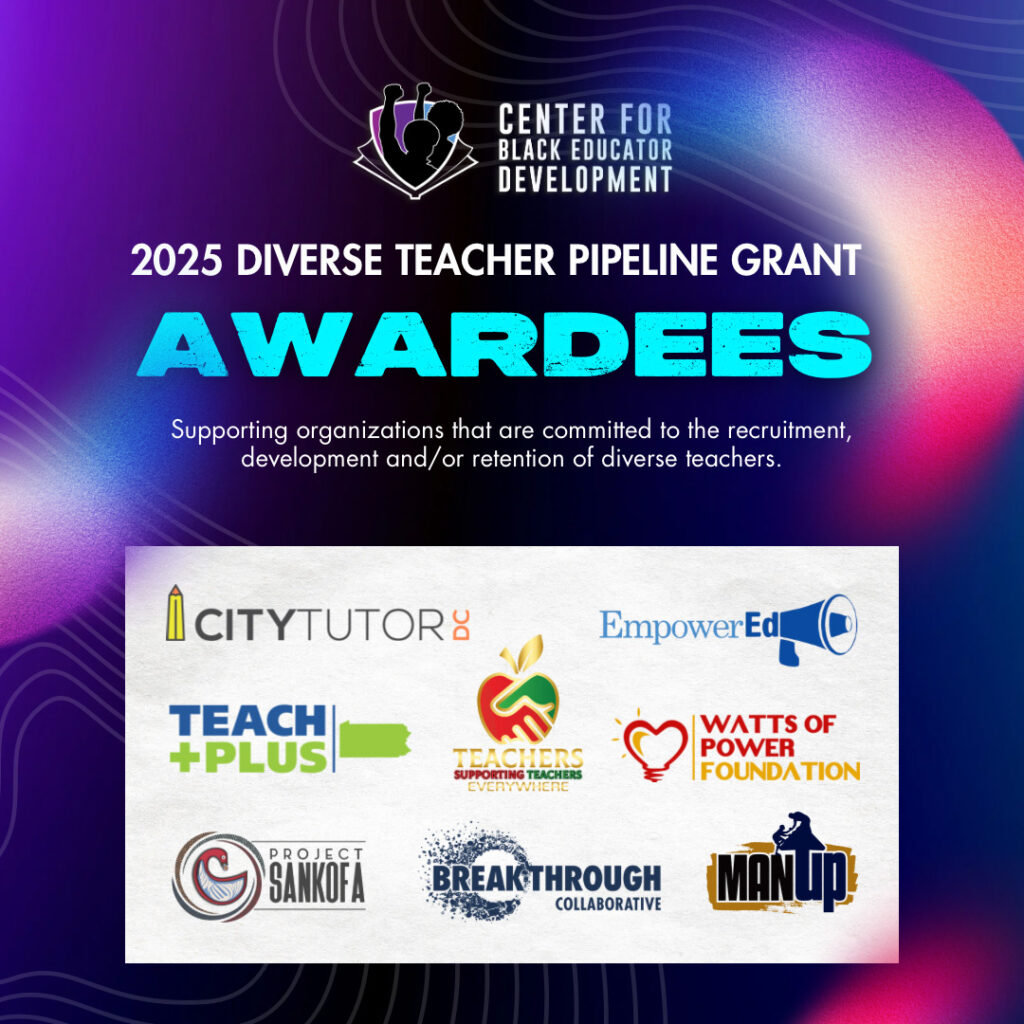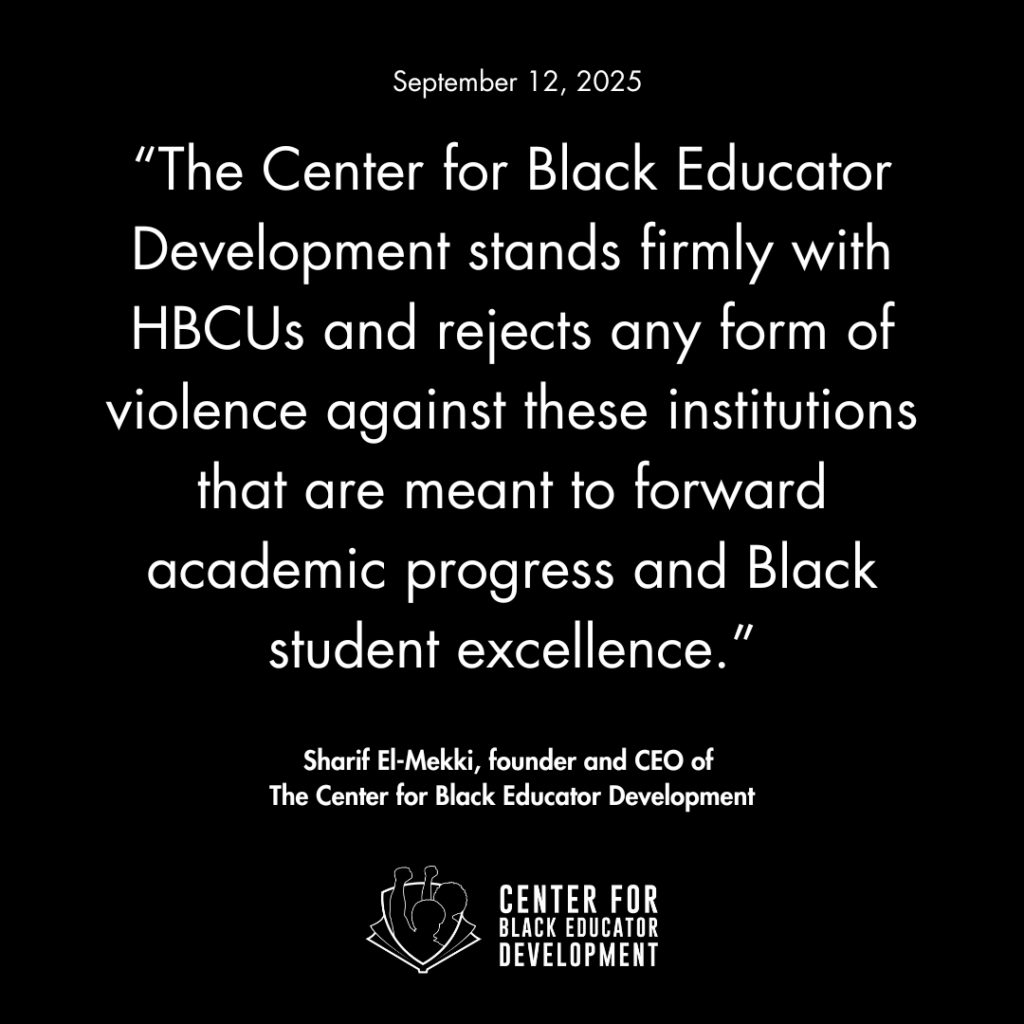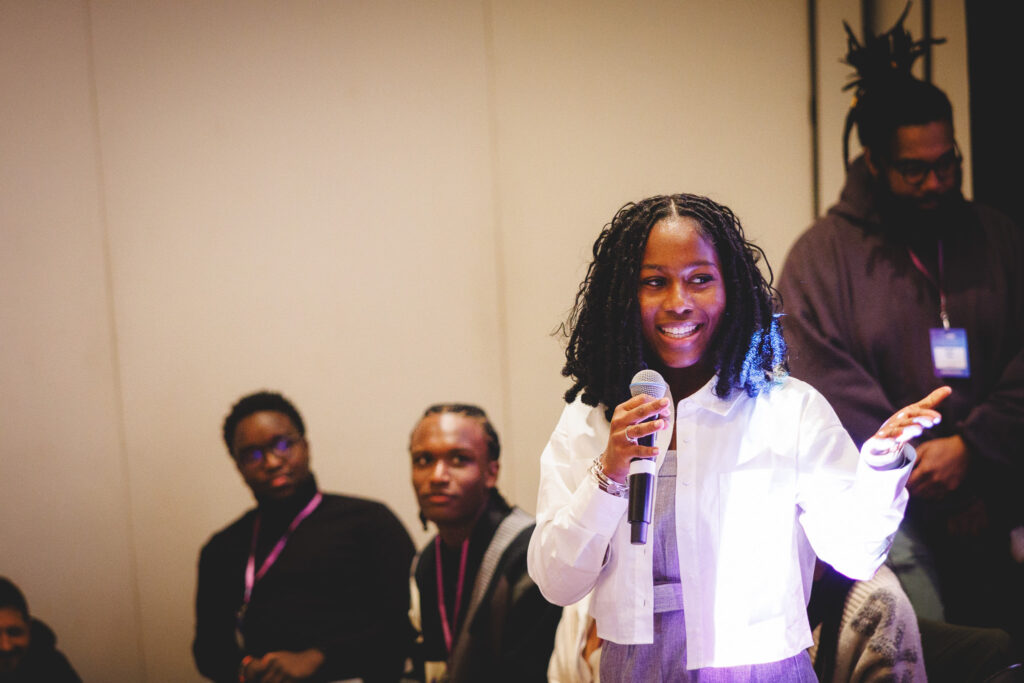Dr. Shameka Gerald Women’s History Month Spotlight Feature
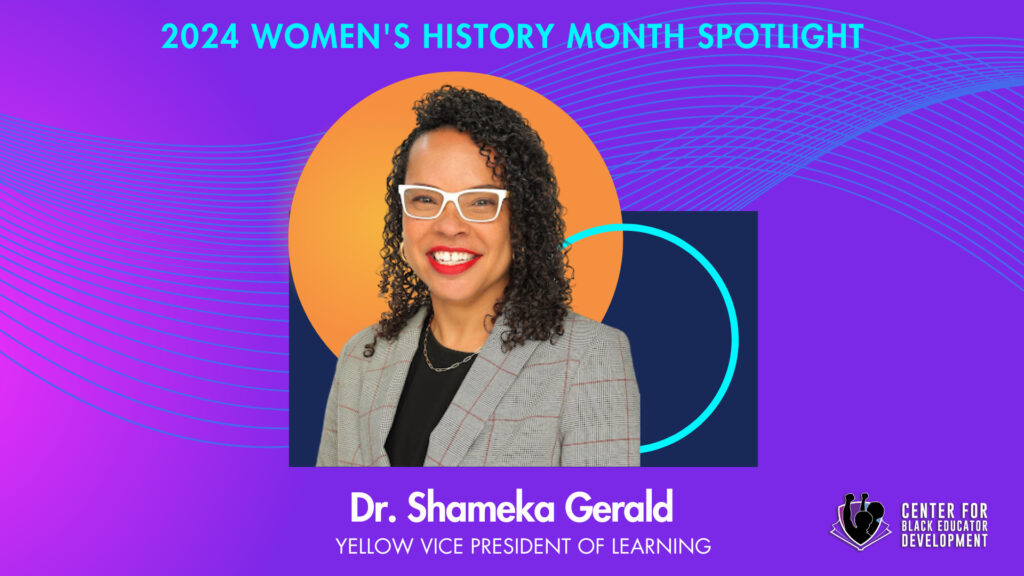
Dr. Shameka N. Gerald began her career in 2005 as a 9th-grade mathematics teacher at Booker T. Washington High School, where she earned the 2008 United States Department of Education Star of Teaching for eliminating opportunity gaps in mathematics across all student populations. Currently, she is an innovative leader who works to develop learning environments that meet the needs of each student and prepare them to enter an ever-changing world. She believes that schools are the heart of communities and that the rich experiences each student, family, and staff member brings are contributions to the learning environment and are essential to meaningful learning.
What/who inspired you to become a teacher?
I became a teacher because I had some terrible teachers. Young people who look like me deserve better than what I experienced, and the only way I knew to change it was from the inside. Now, folks are going to say “well what kind of student were you.” I been “THAT GIRL” and I’m still “THAT GIRL.” I talked too much. I was disrupted with questions that I knew they couldn’t answer. I was probably the young person that the staff talked about when they got their rosters and I was a “D” student. Compliance and silence were not an option because if it was wrong, I was calling it out and being loud about it. Disruption, rebellion, and fearlessness have run through my veins since birth, so I became an educator to dismantle a system that was never designed to serve me.
Share one moment when you felt you had the most impact as a teacher.
I feel like I have an impact every single day. I would like to think I have had more positive impact than negative, but as an educator, I didn’t get it right all the time. I made a lot of mistakes, but I grew from them. If there are any of my former young people out there seeing this who were harmed under my care, I apologize for anything that I did or said that made you feel less than, minimized your brilliance, or caused you to feel unseen or unloved. You are worthy, you are brilliant, you are loved, and you deserve better from me.
During my 2nd or 3rd year of teaching, I had a young person confront me in front of the entire class. She walked up from the back of the room to the front where I was teaching to confront me about something I said to them. I don’t recall what it was, but it was probably something slick meant to be funny, but it wasn’t funny. There she stood in silence, so close that I could feel her breath on my face and see the tears forming in her eyes. Nose to nose with me in front of 31 Black females. It was all girls, all Black, and all watching us. In what felt like an eternity, all I could see was my teenage self standing in front of me lecturing me about being “like them”. Tears forming in her eyes, she was unafraid, bold, brilliant, beautiful, and all the things we want young people to be in this world. In her unwavering resolve, she communicated to me that she was tired of her name being mispronounced, tired of the comments about being too much, tired of feeling unseen, tired of the slick comments, and tired of feeling like another teacher was going to get away with not taking care of her. In that split second, I became a real educator. You see, I could have chosen to try to claim power by the nature of my role and have her kicked out of school, but I was the wrong one, and she had every right to confront me. She taught me that if I was going to be a real educator, I better remember what it was like to be a Black girl in school, I better be willing to admit when I am wrong and I better be bold enough to act not only for myself but for those watching who may be too afraid to speak up. After that day, I was changed and determined to make an impact by my presence like she made an impact on me. I never got to tell her that without her unapologetic boldness on that faithful day, I would not be the educator I am today.
What advice would you share with a future Black teacher?
I’m going to keep it a buck. It is hard out here for Black educators. My advice isn’t easy either. As educators, we must interrogate our own beliefs and biases when it comes to educating Black young people. I get it, “I am Black too” but we all come with a unique set of lived experiences that influence how we engage with the world and therefore young people.
